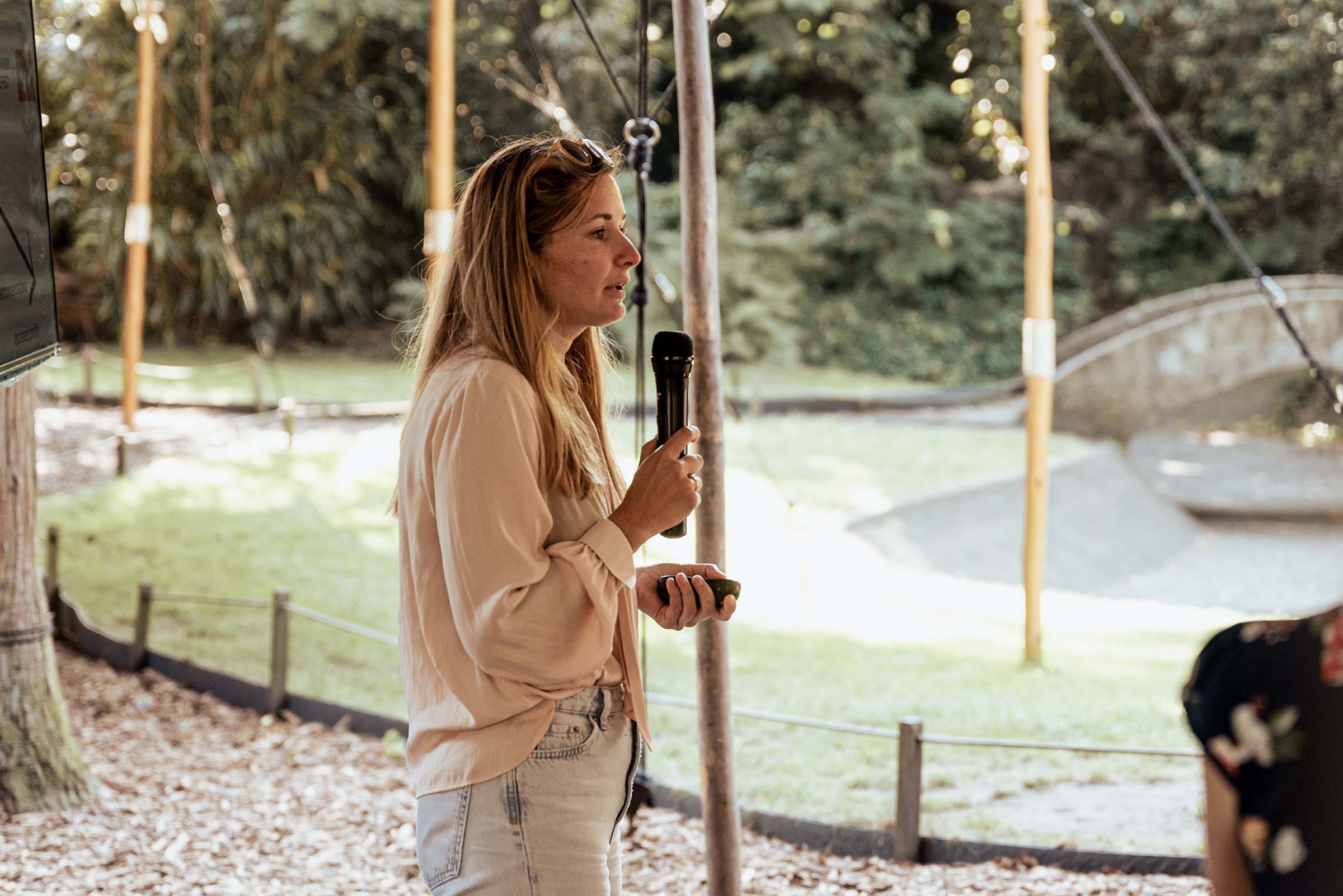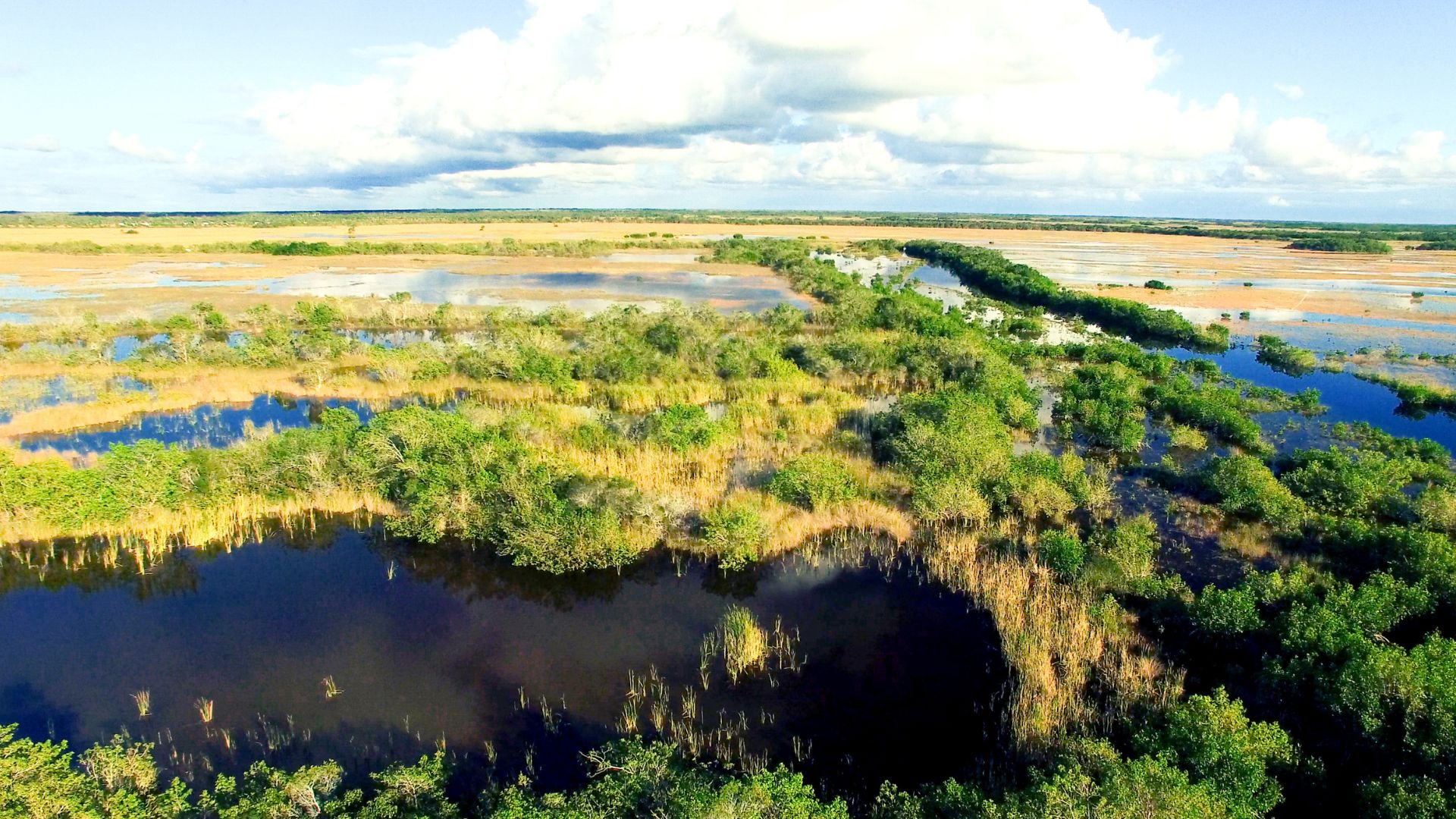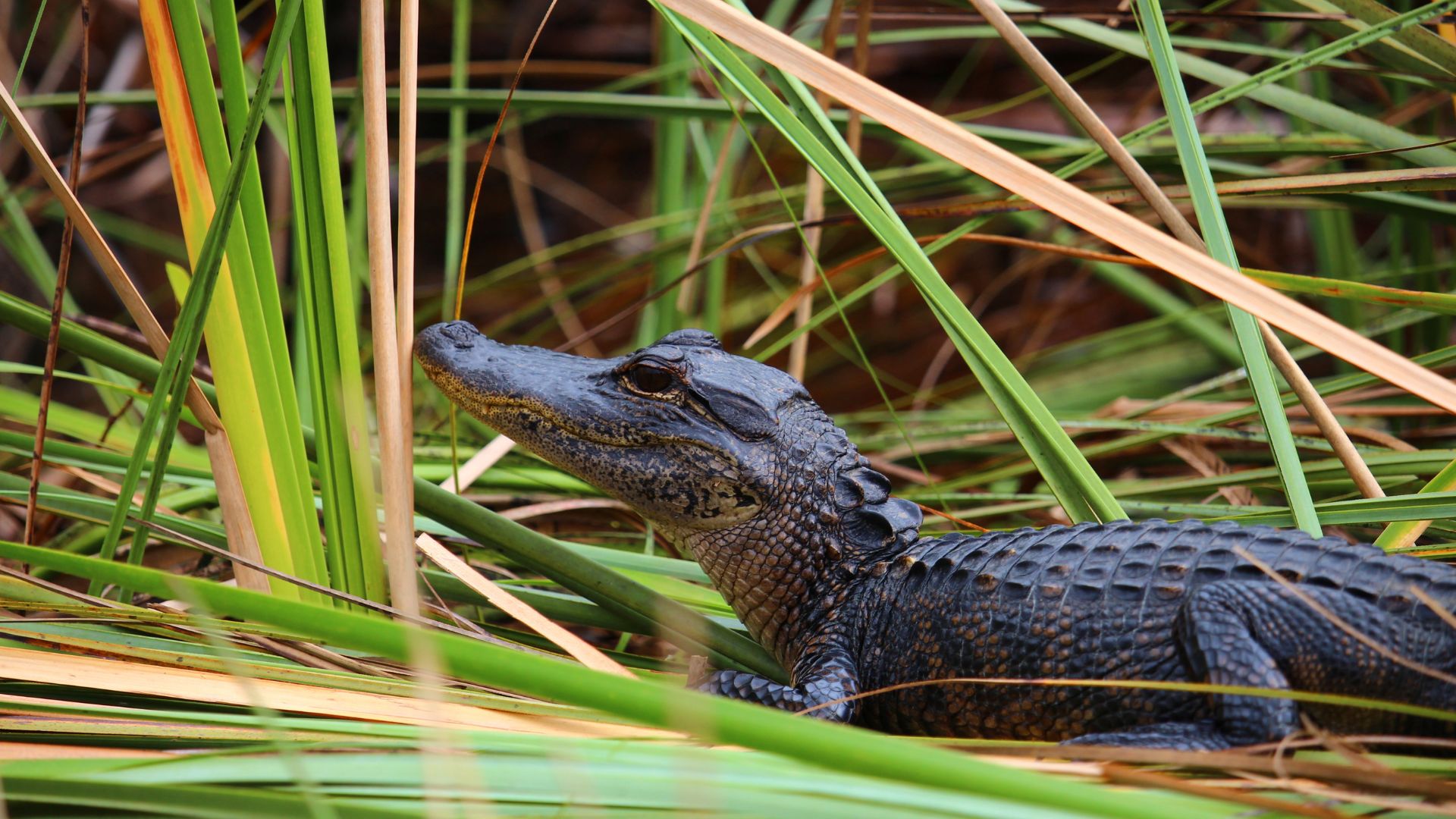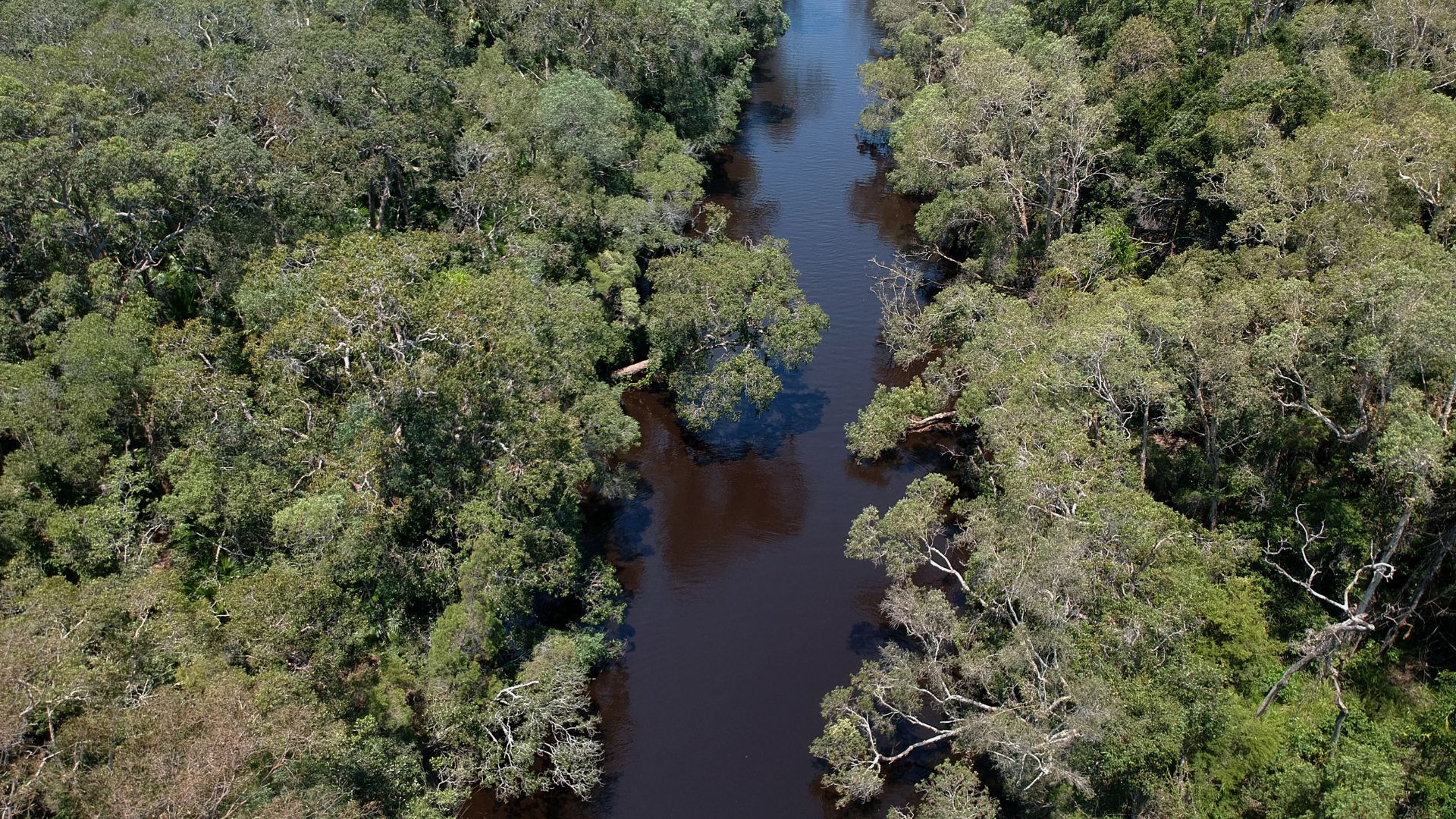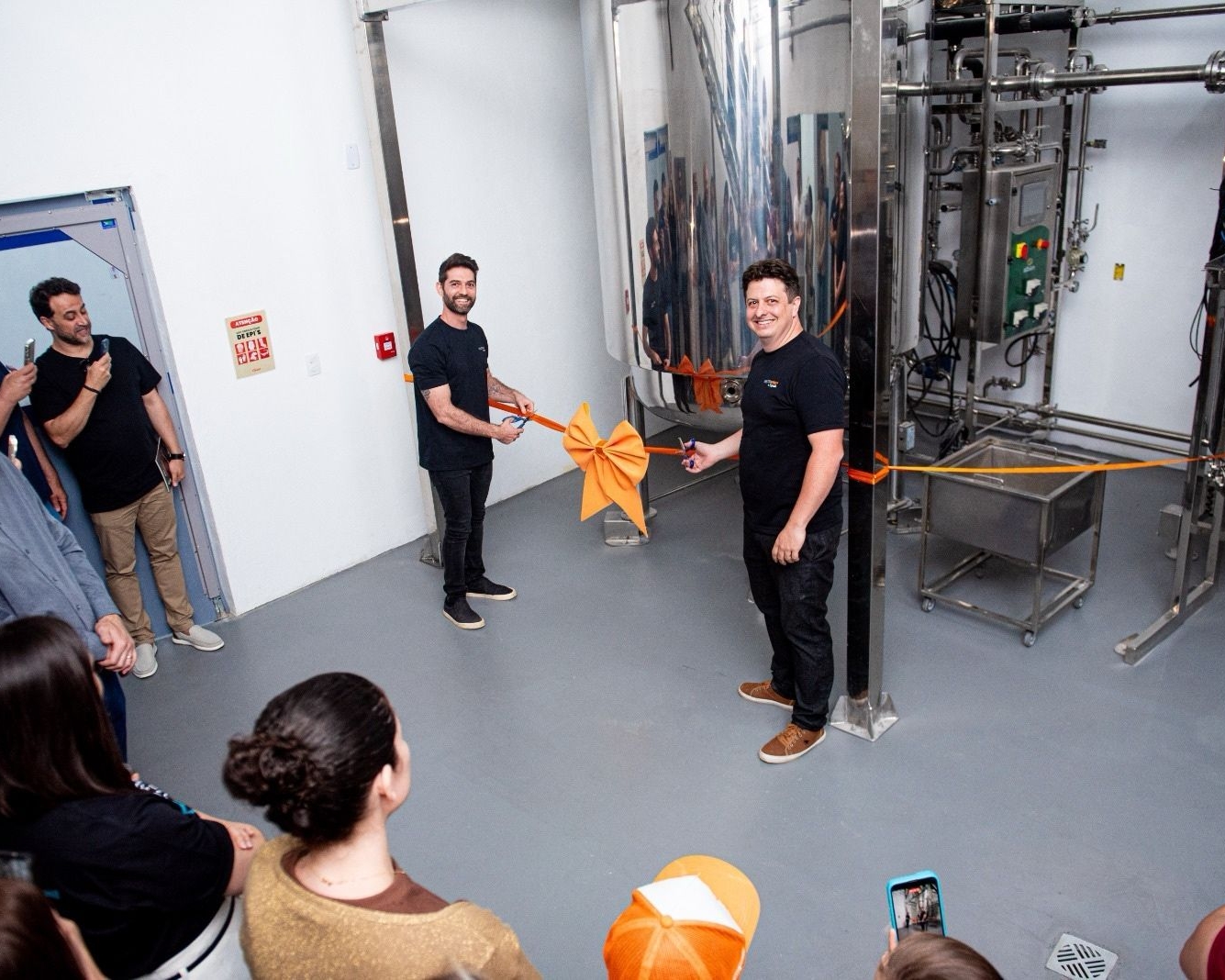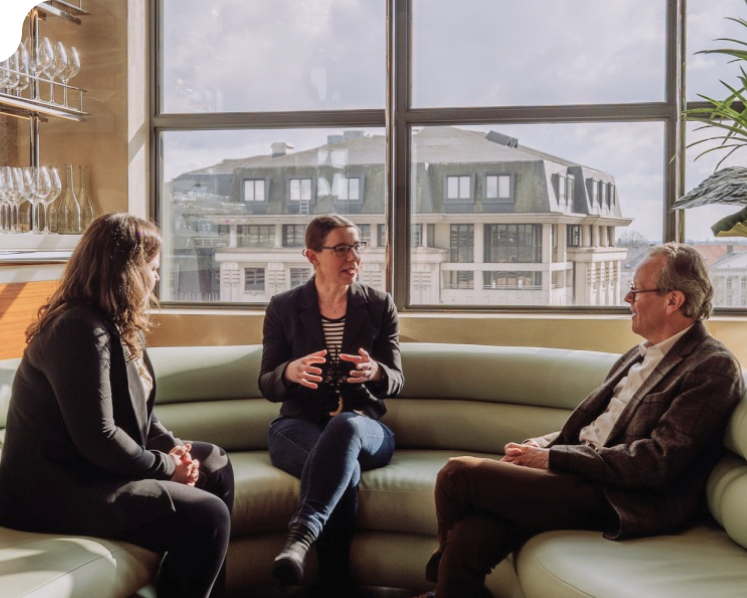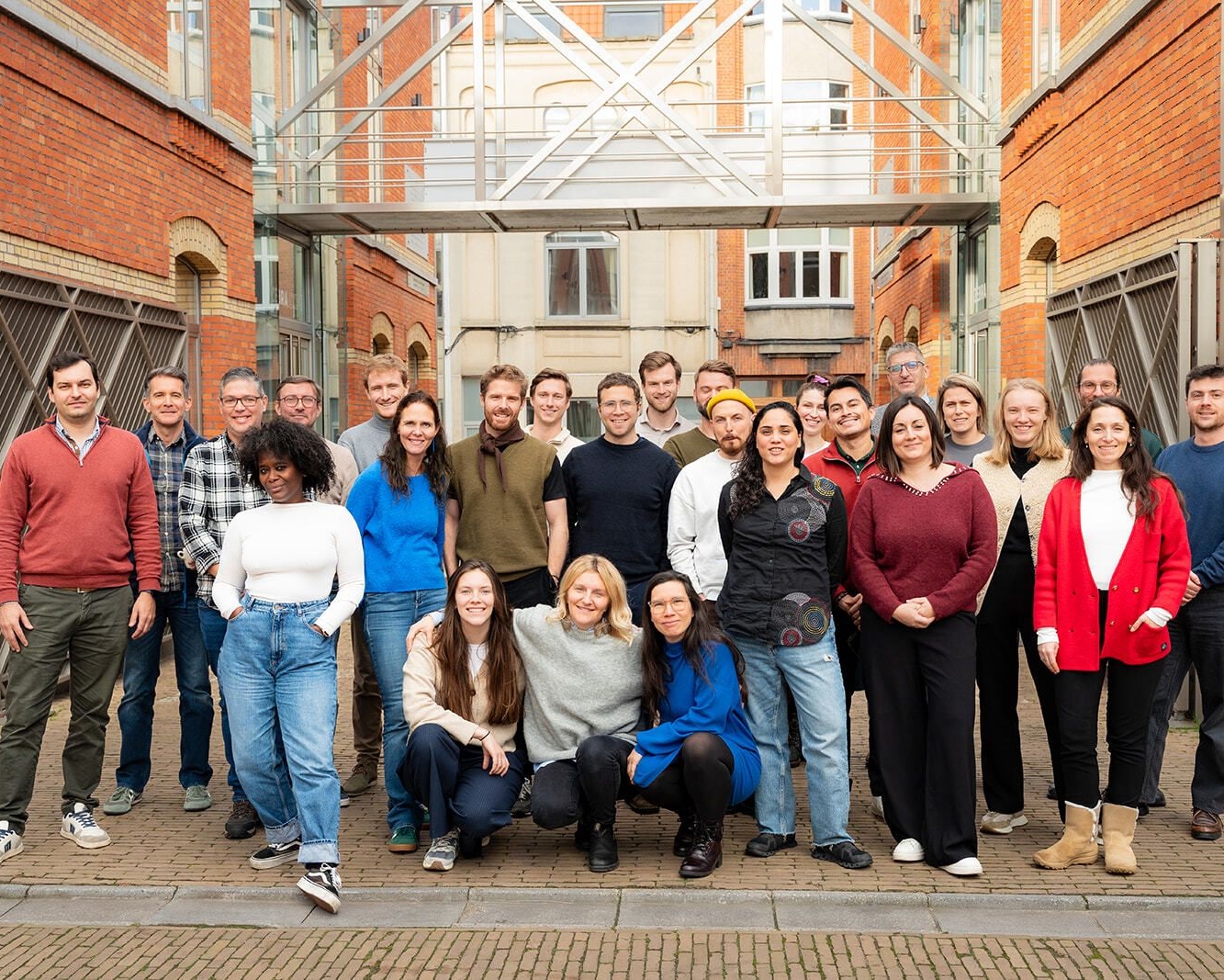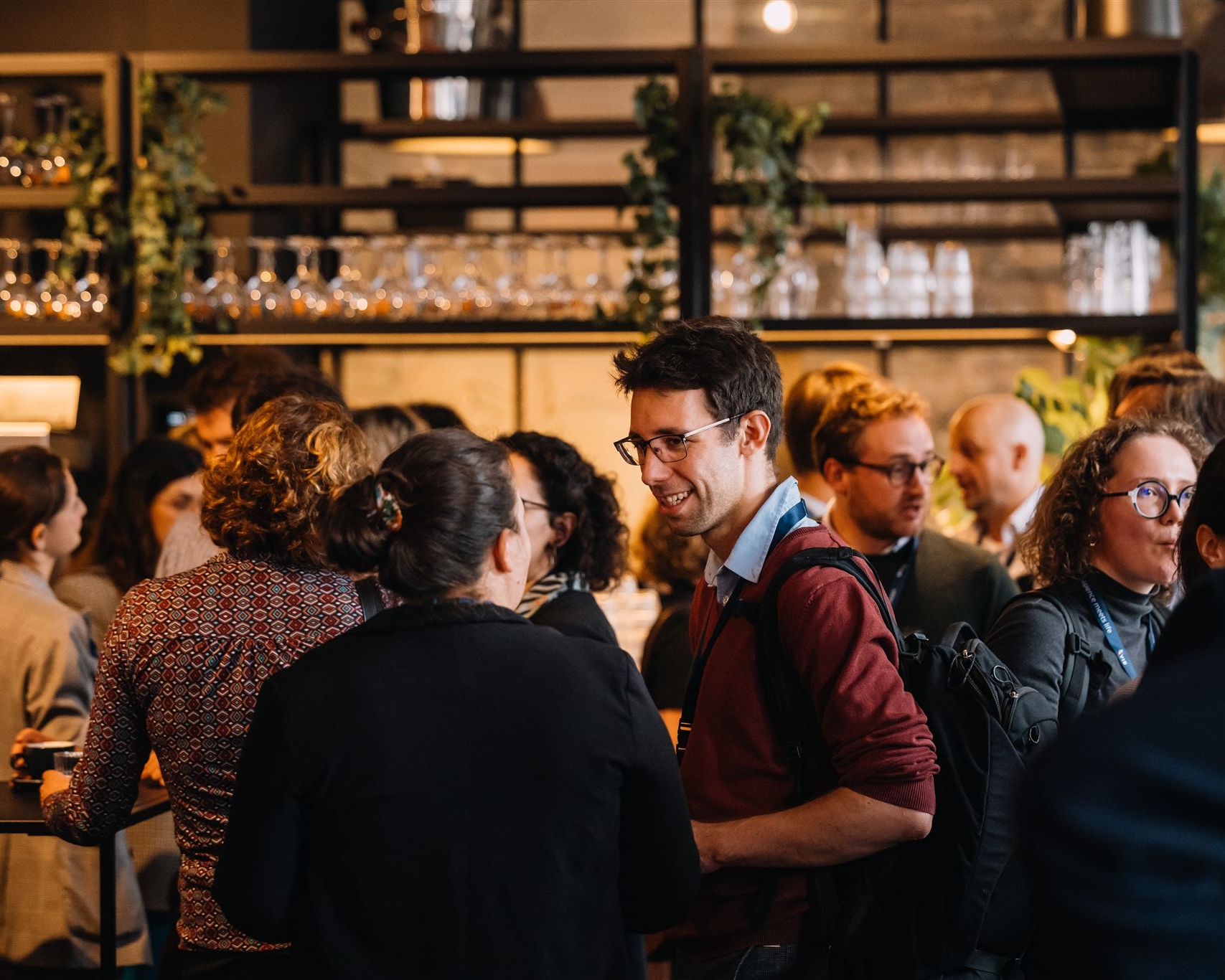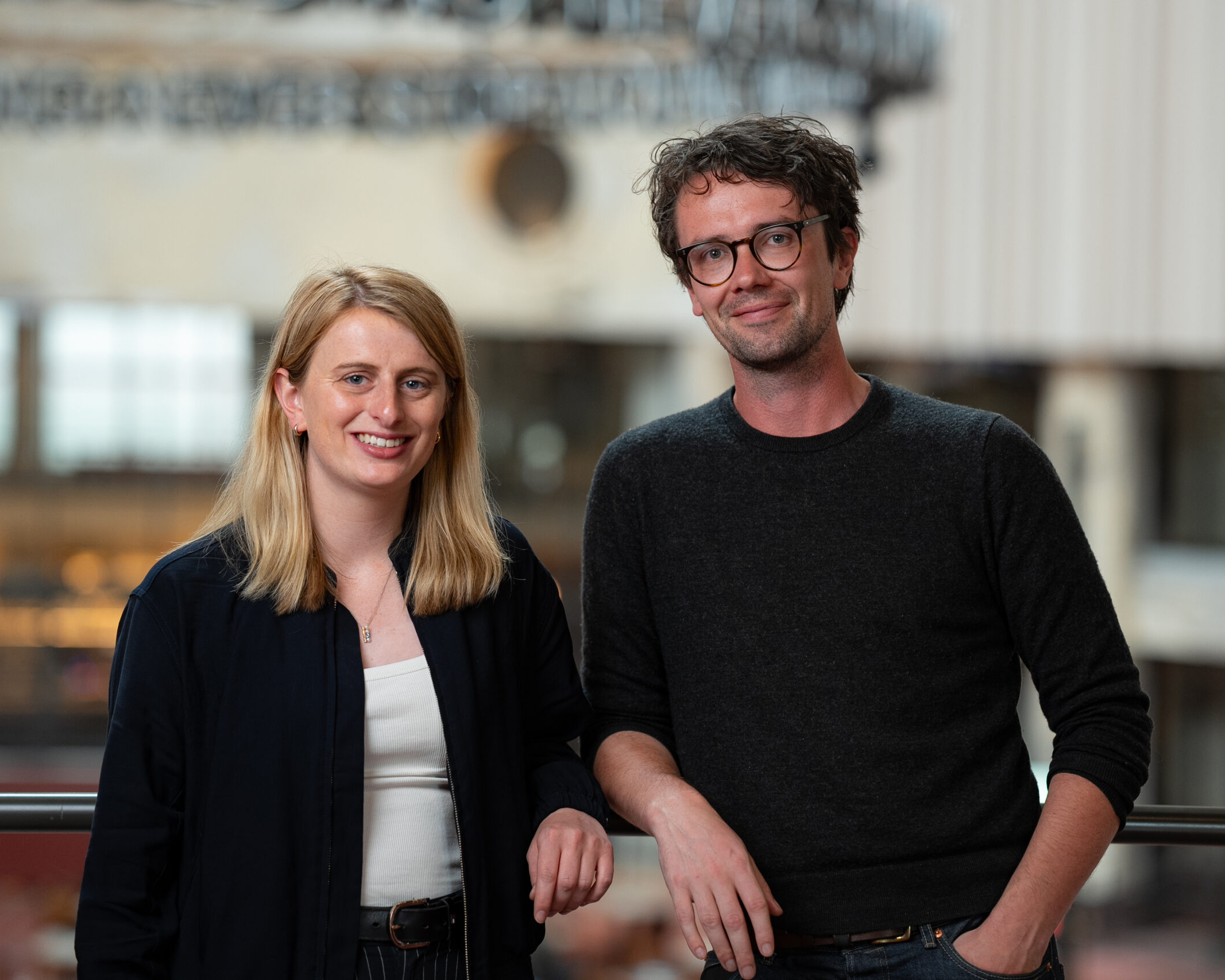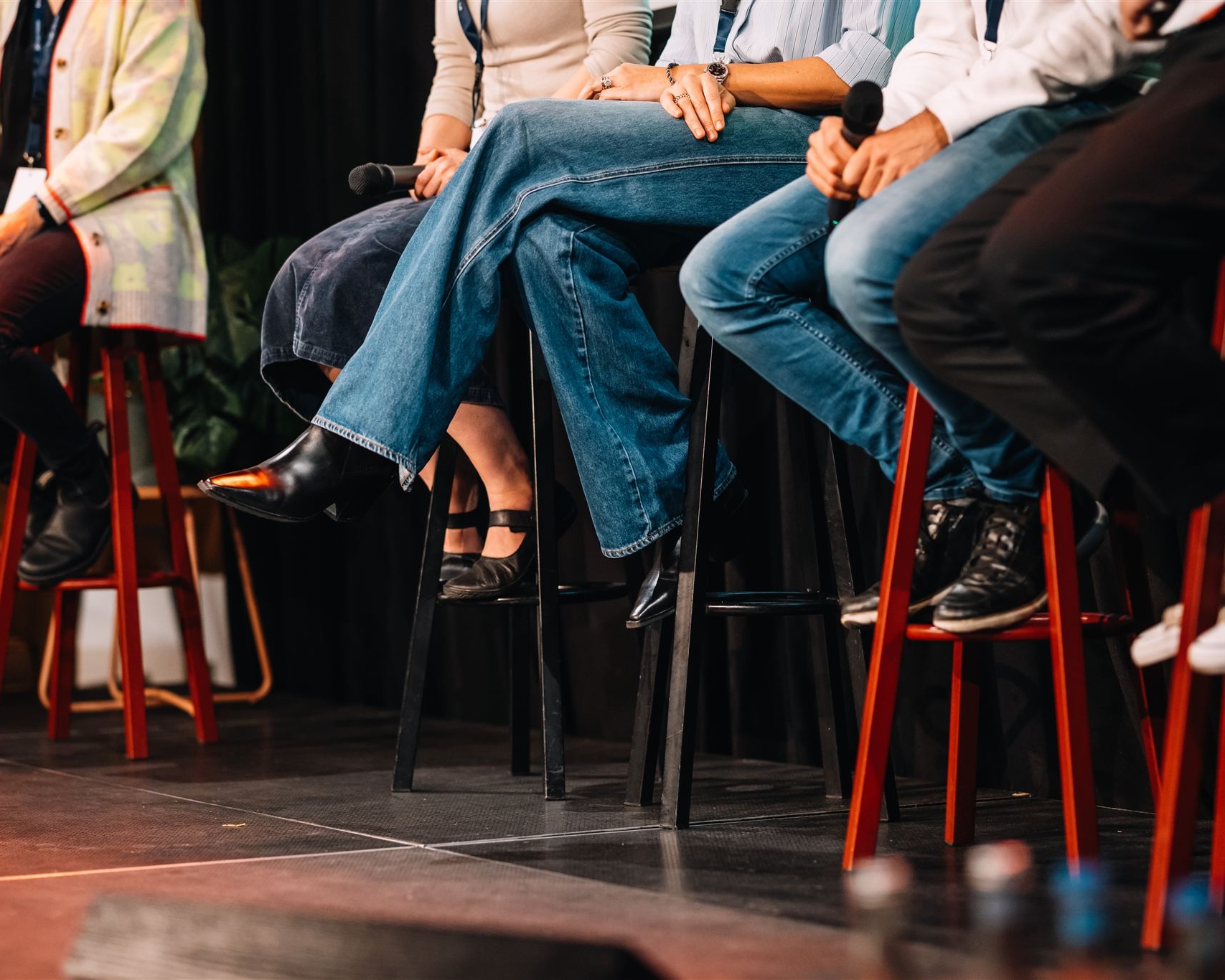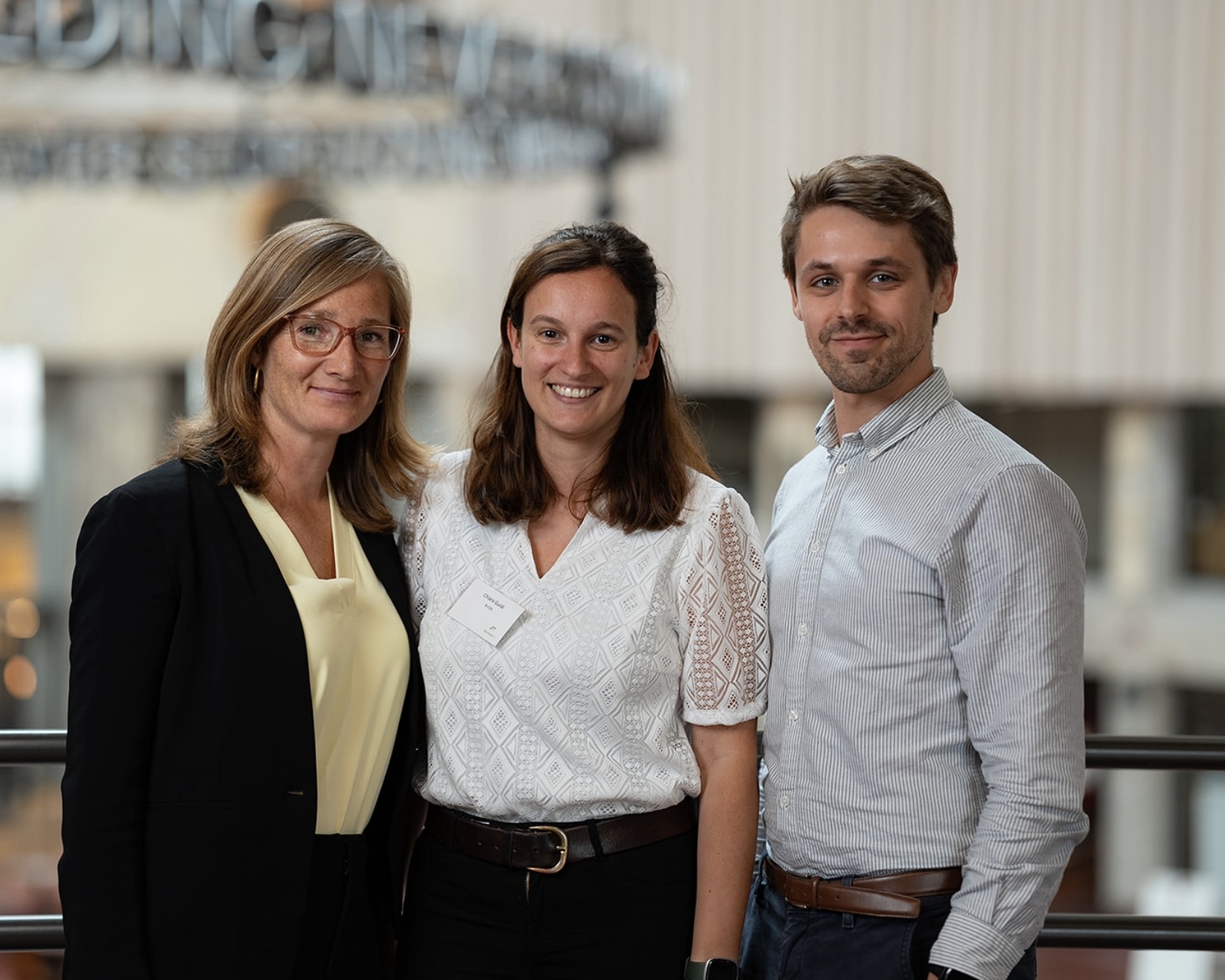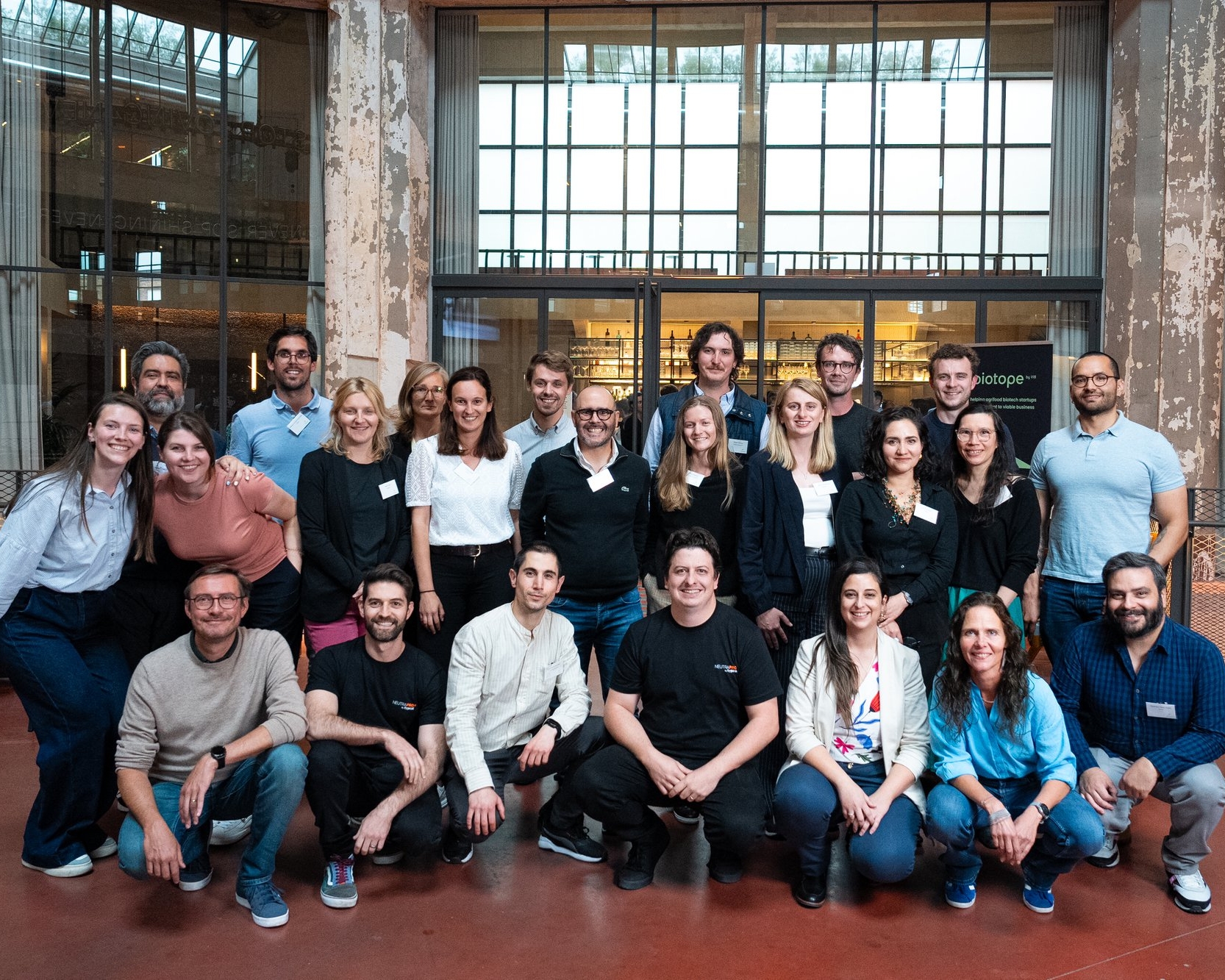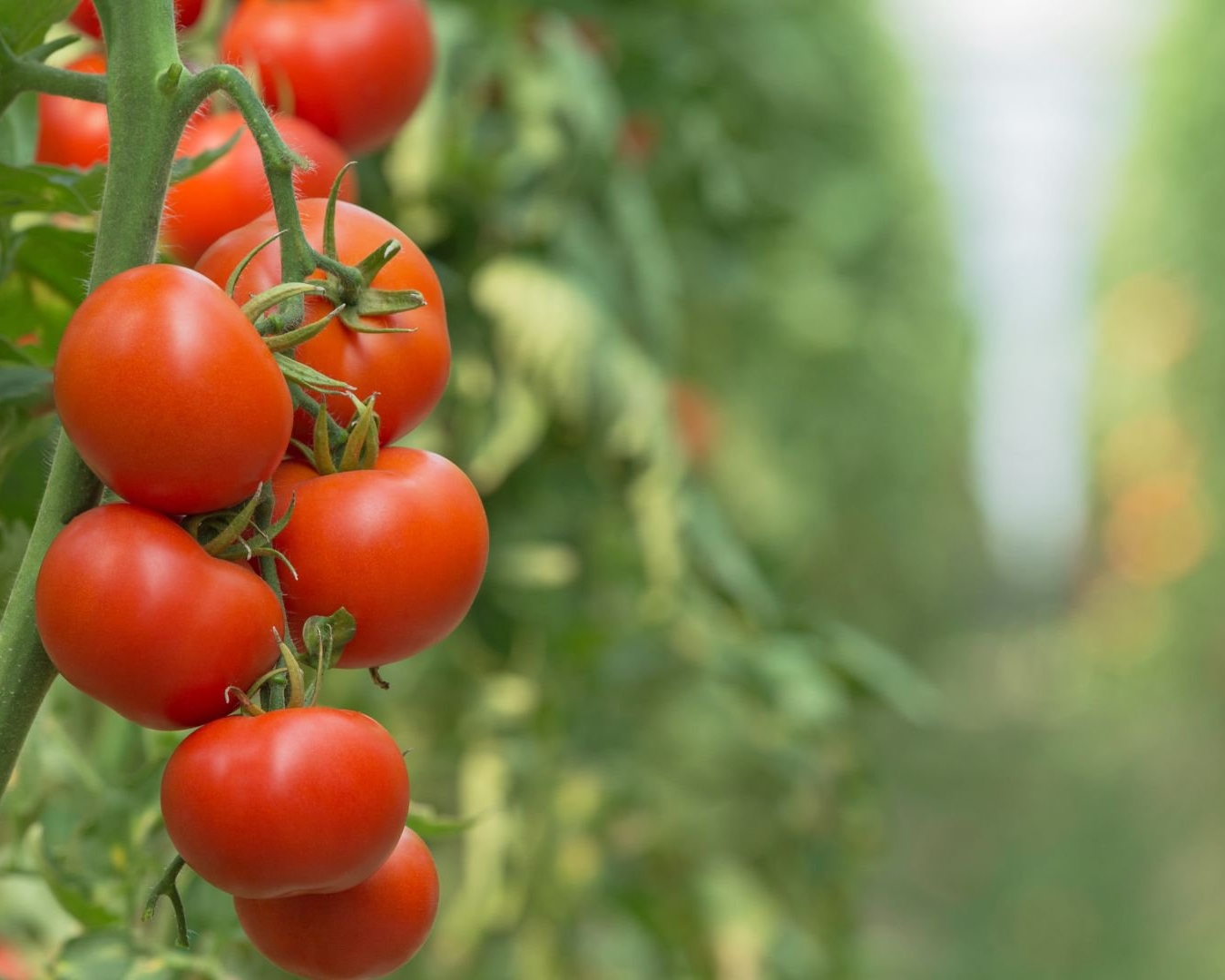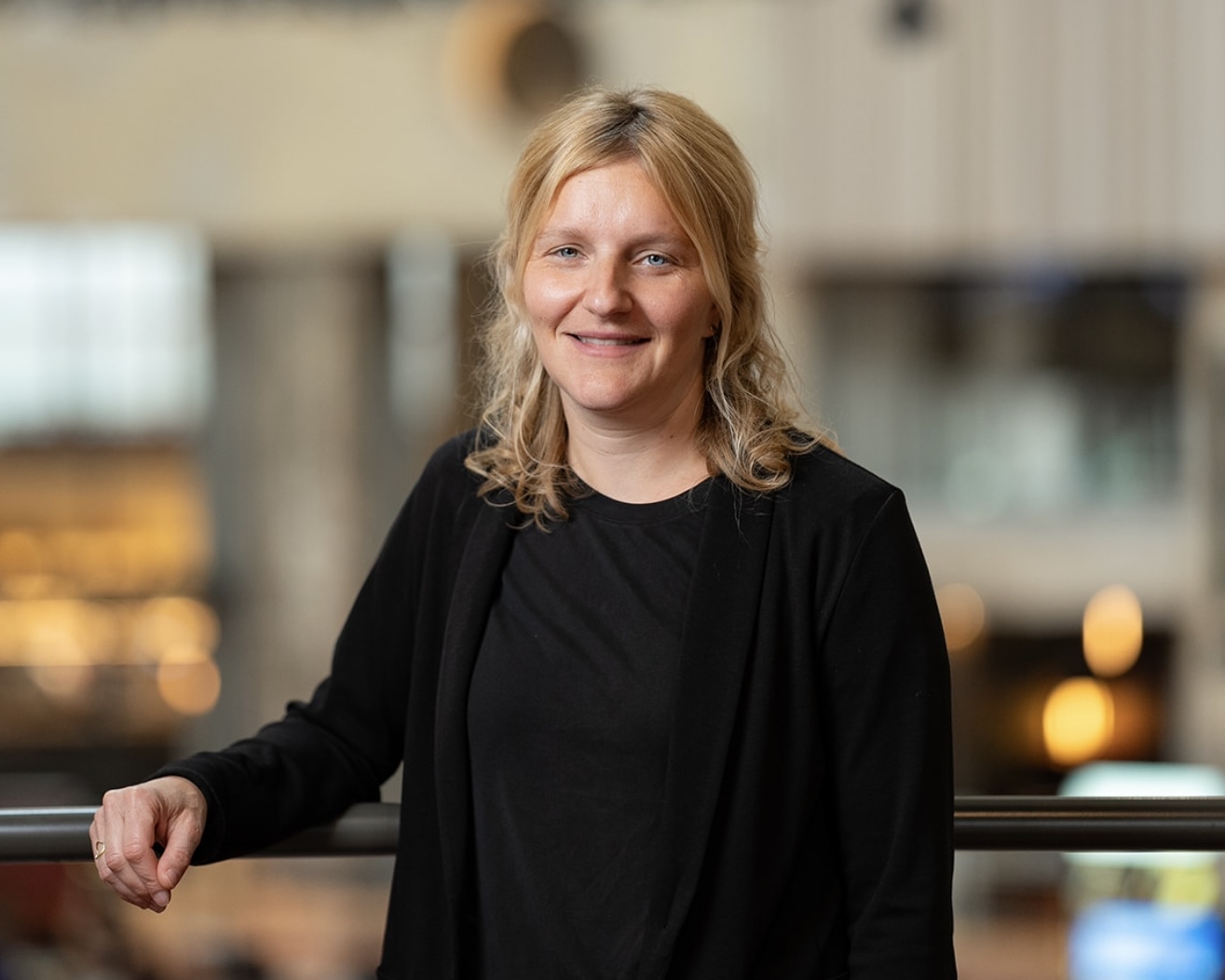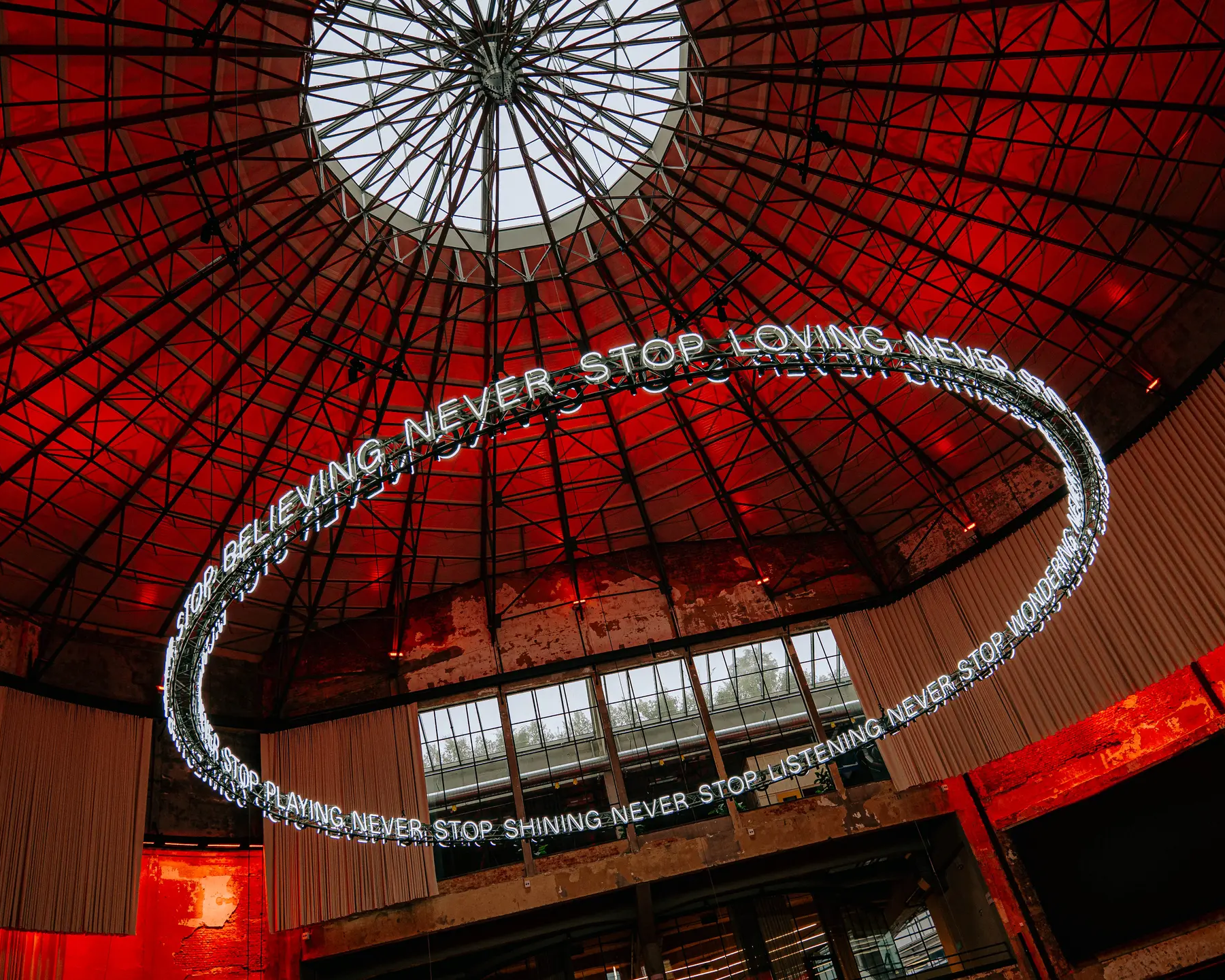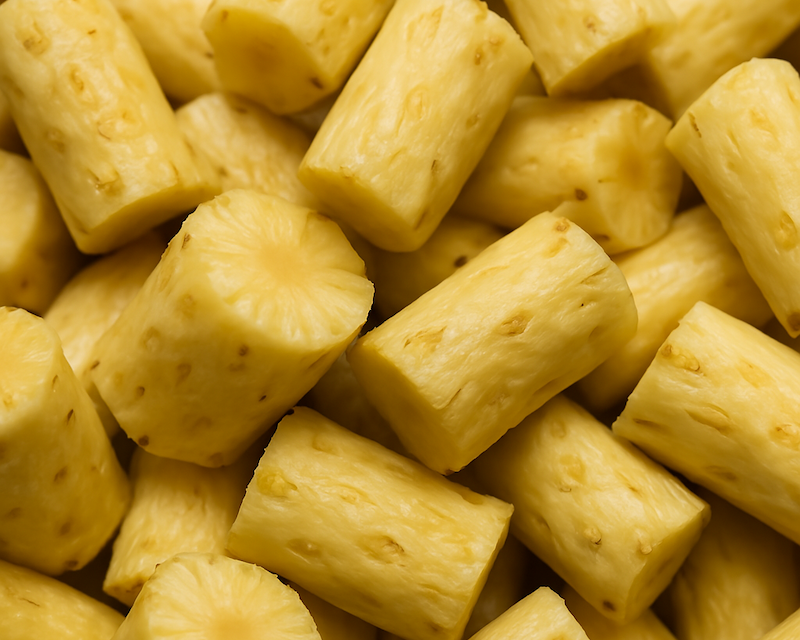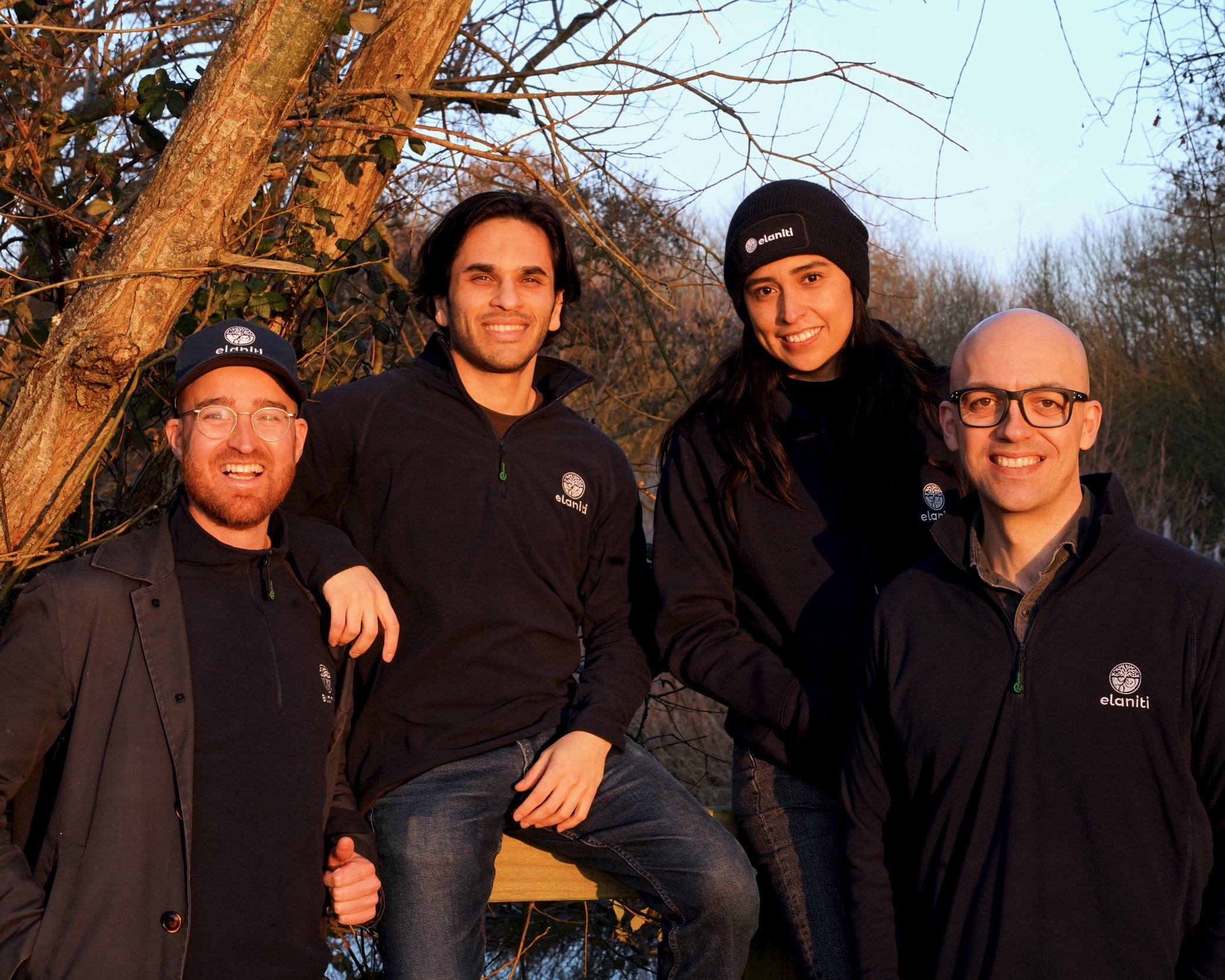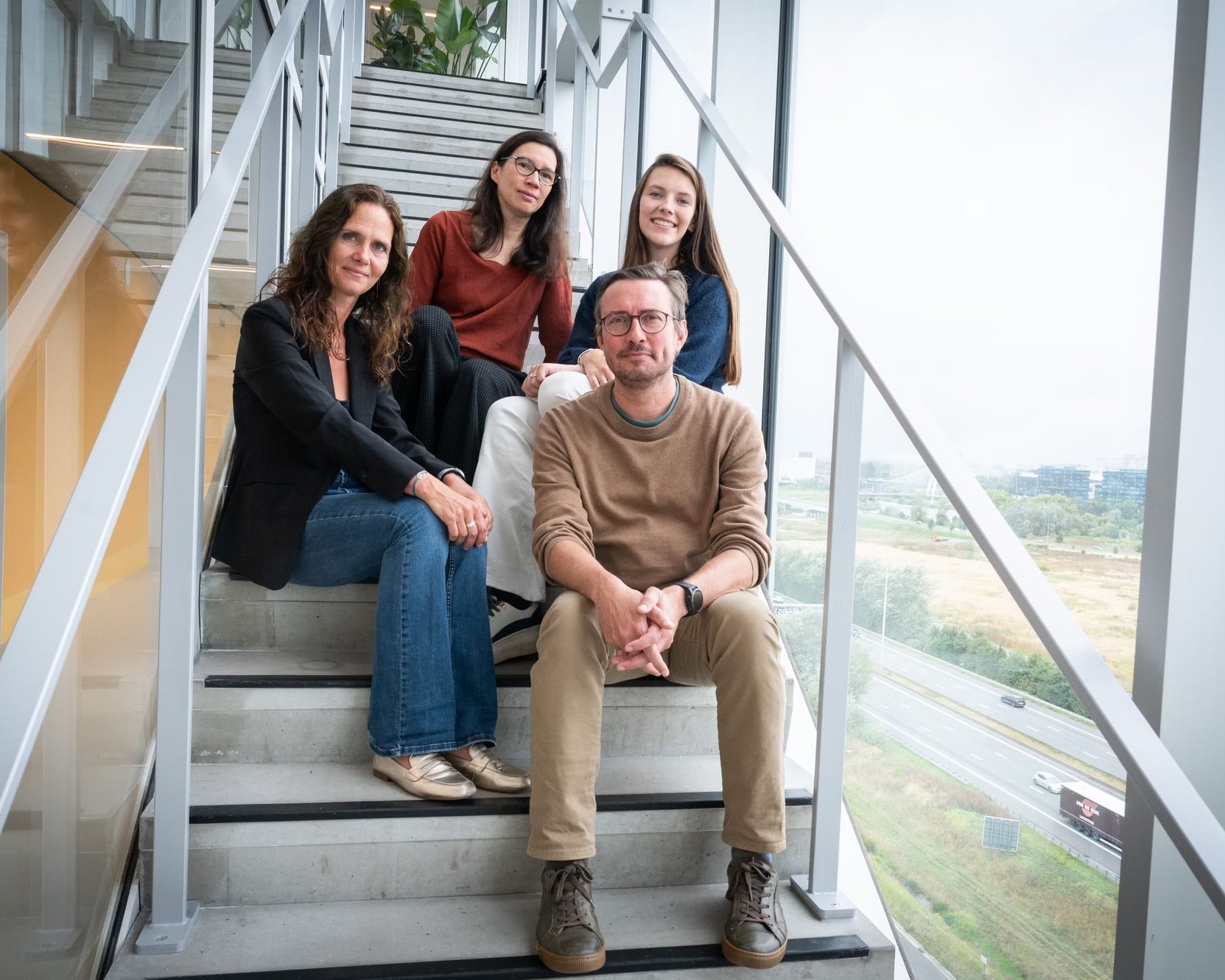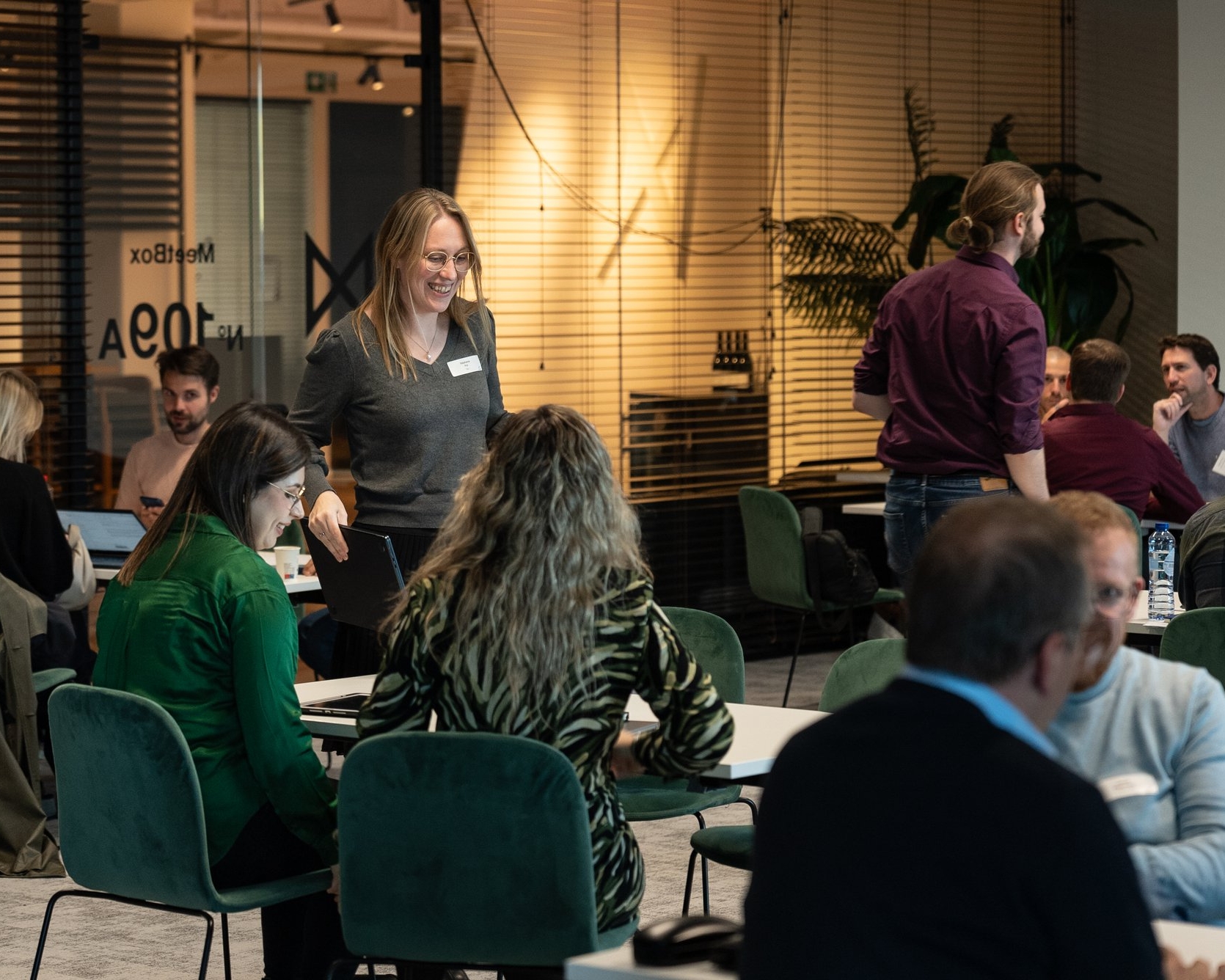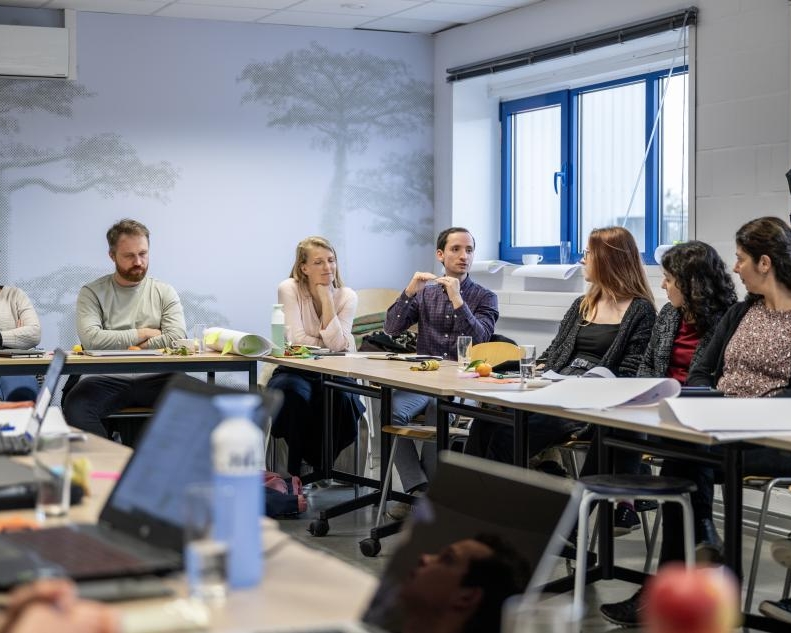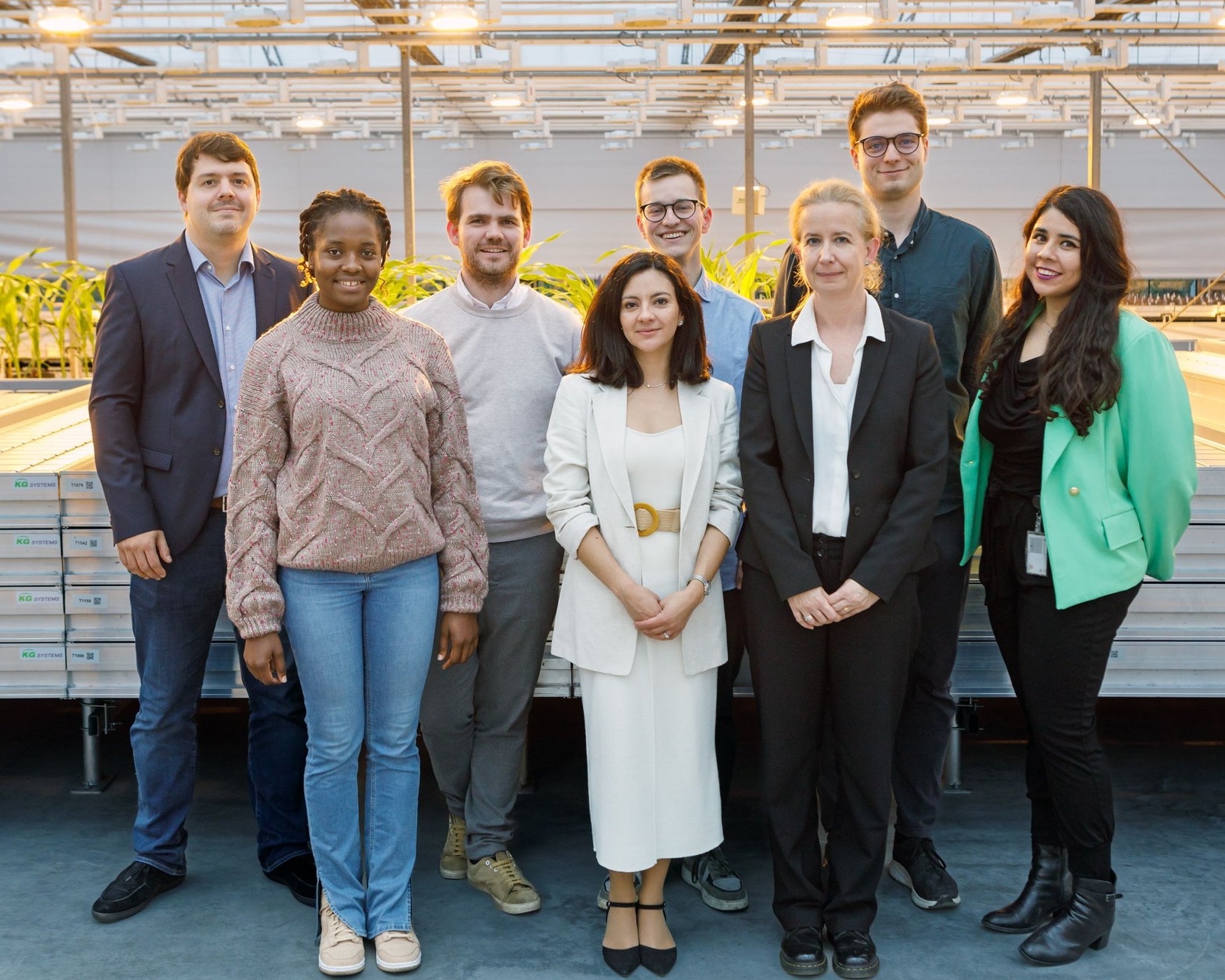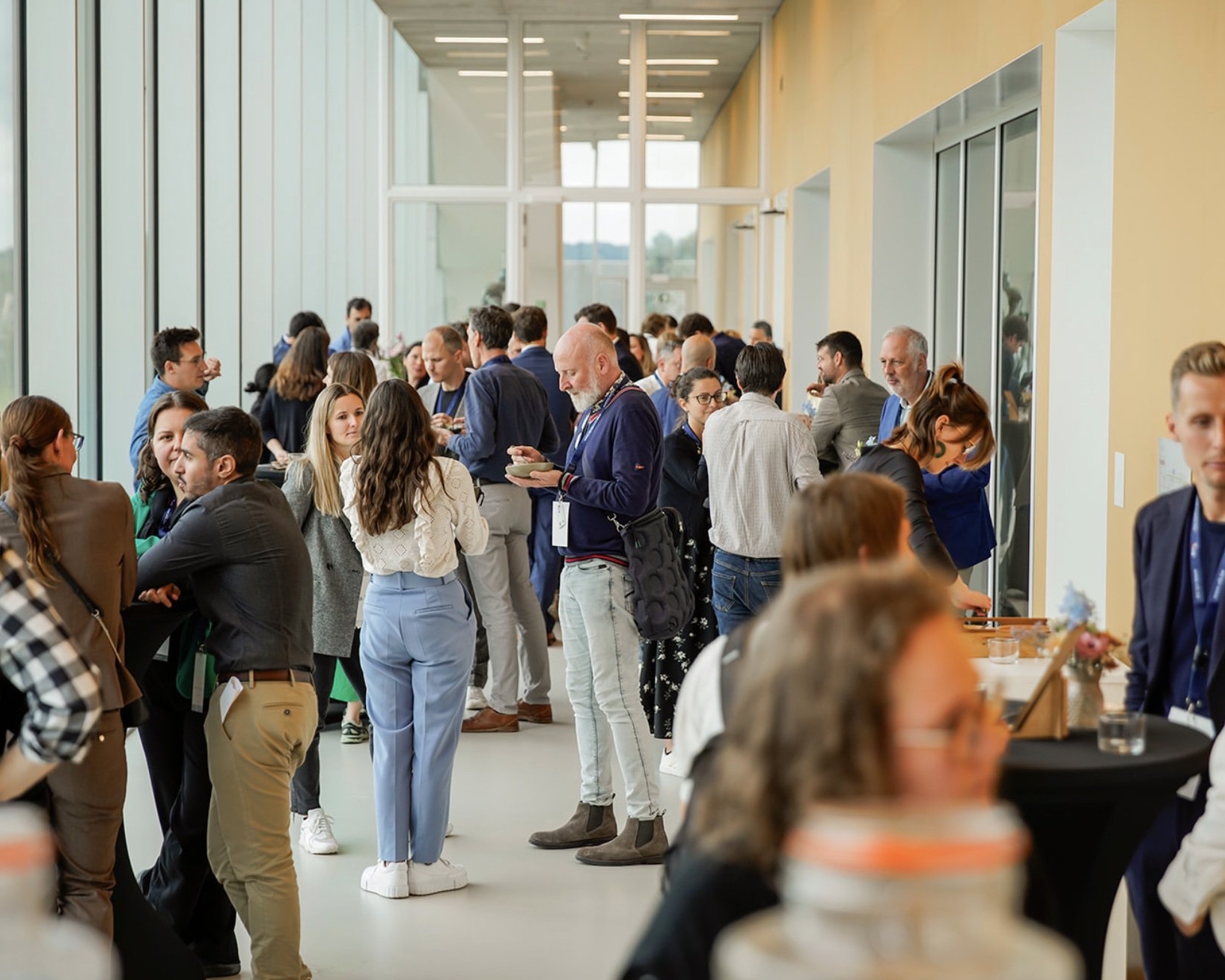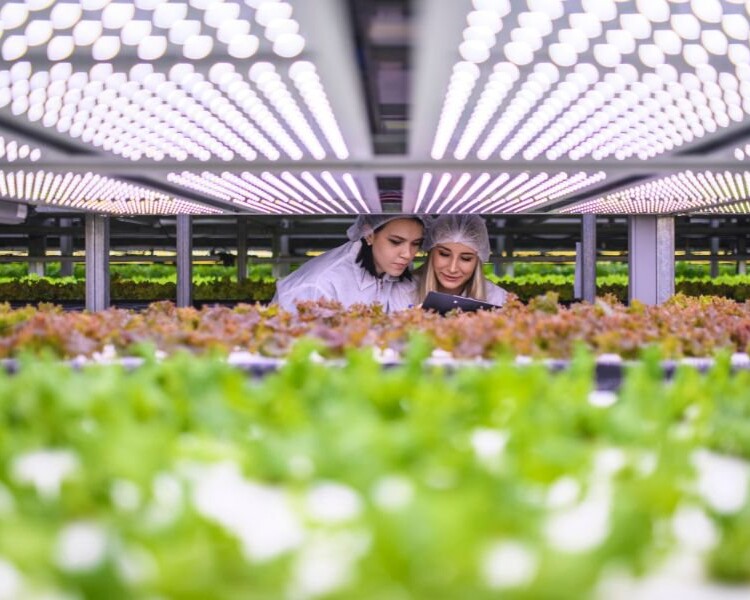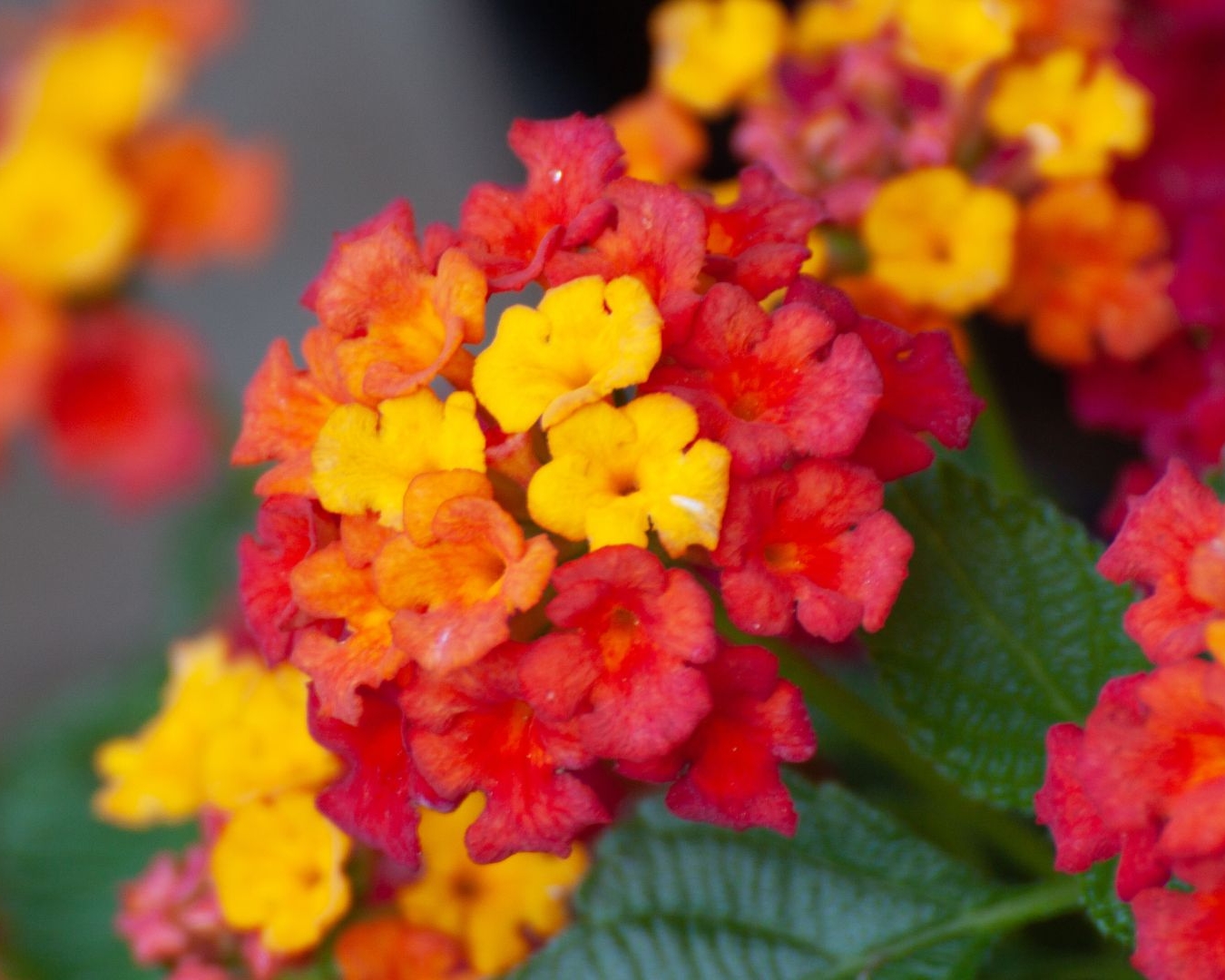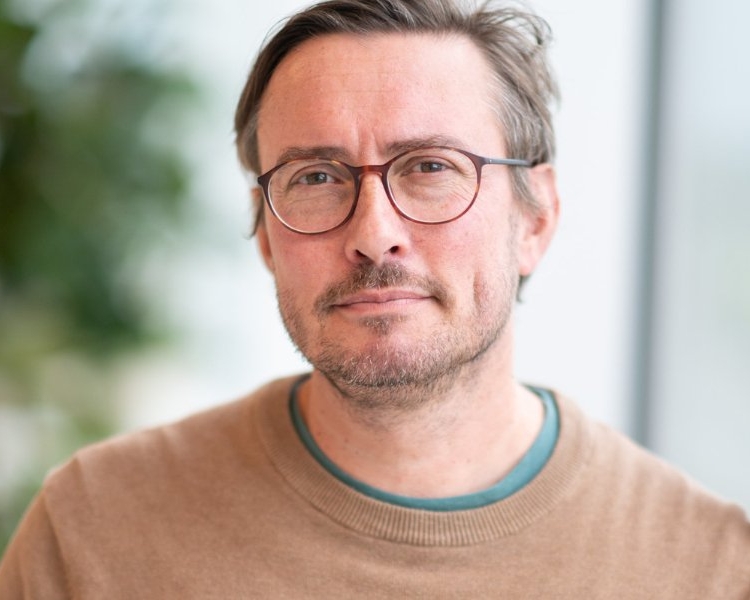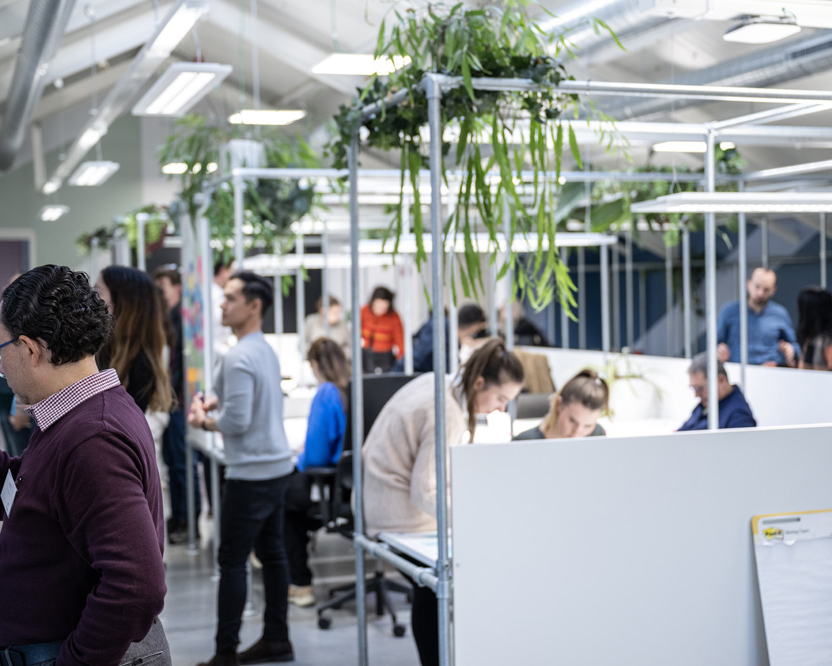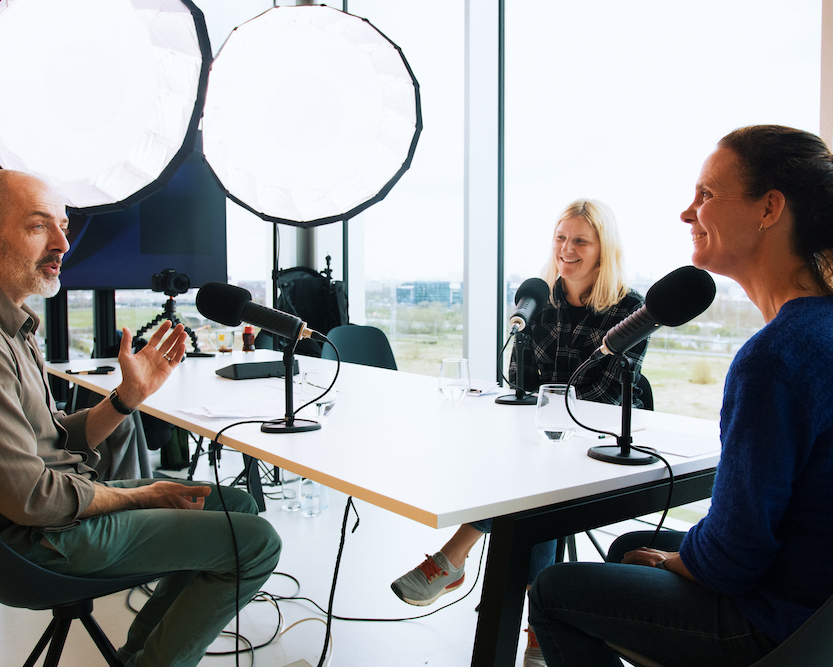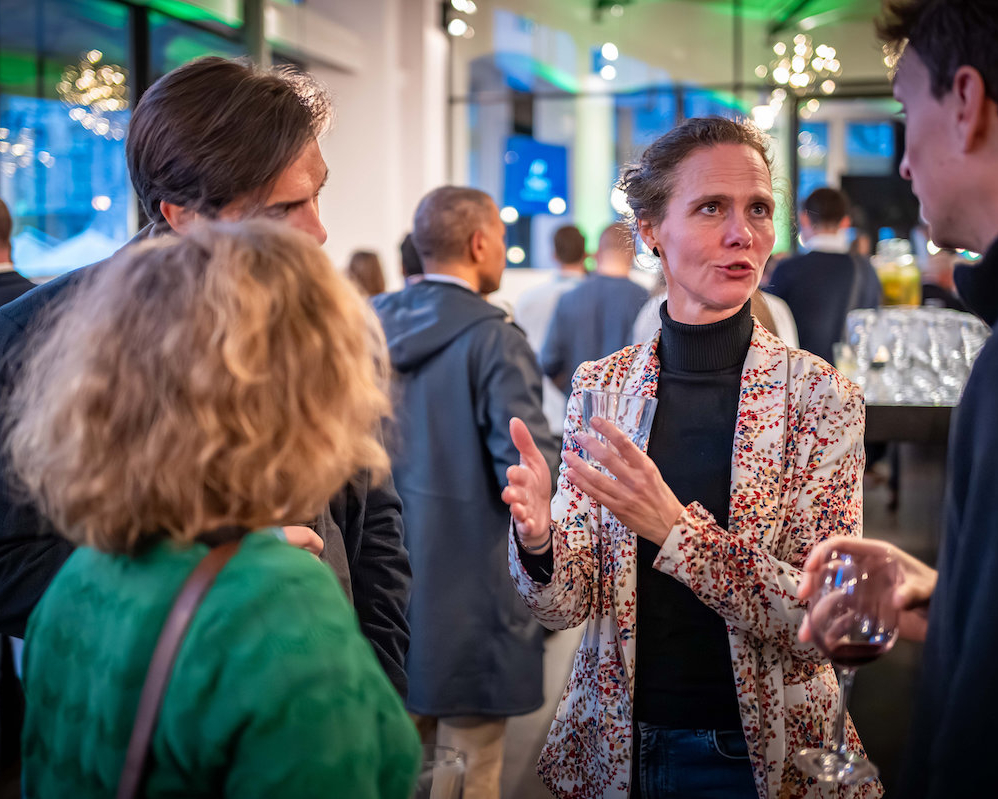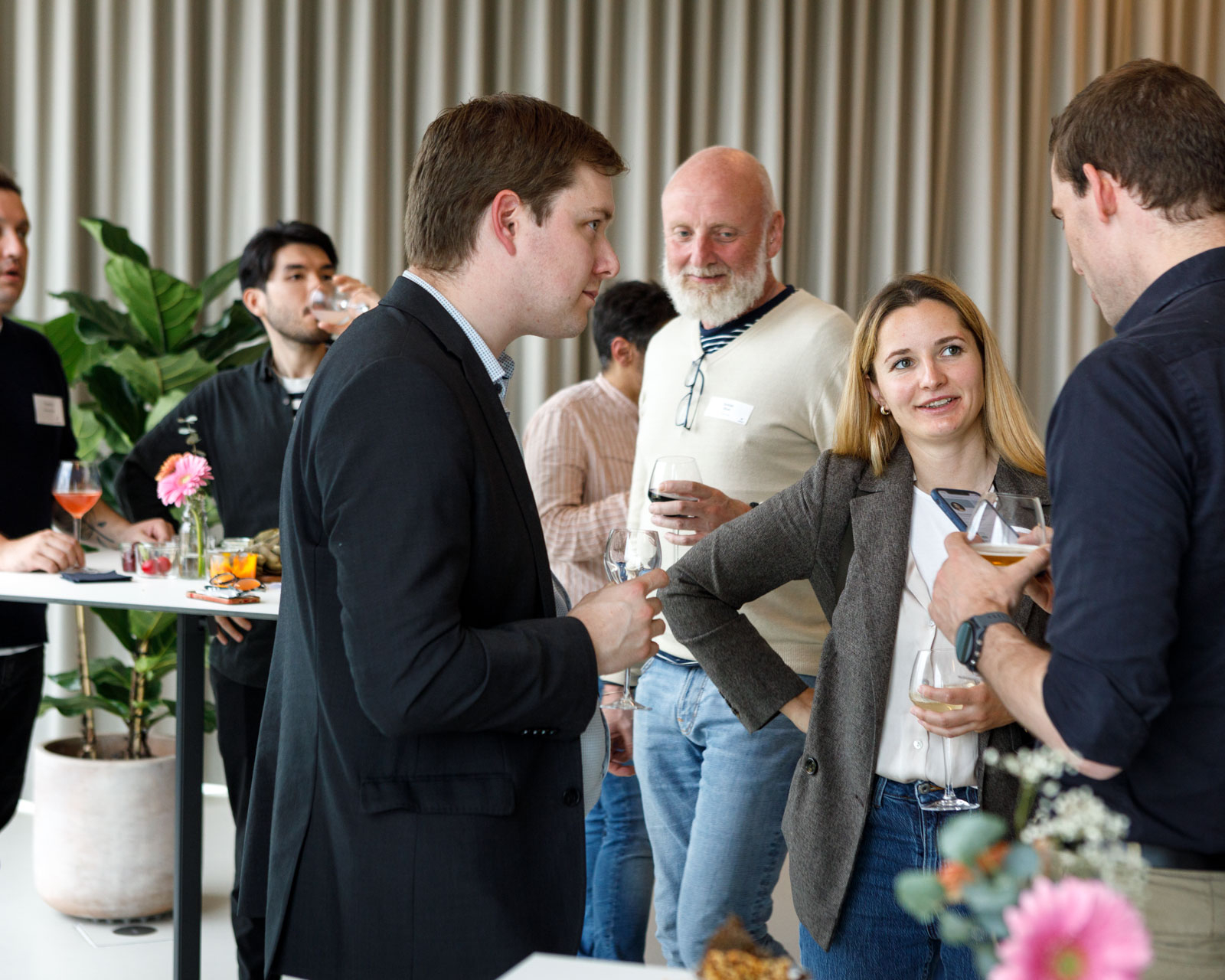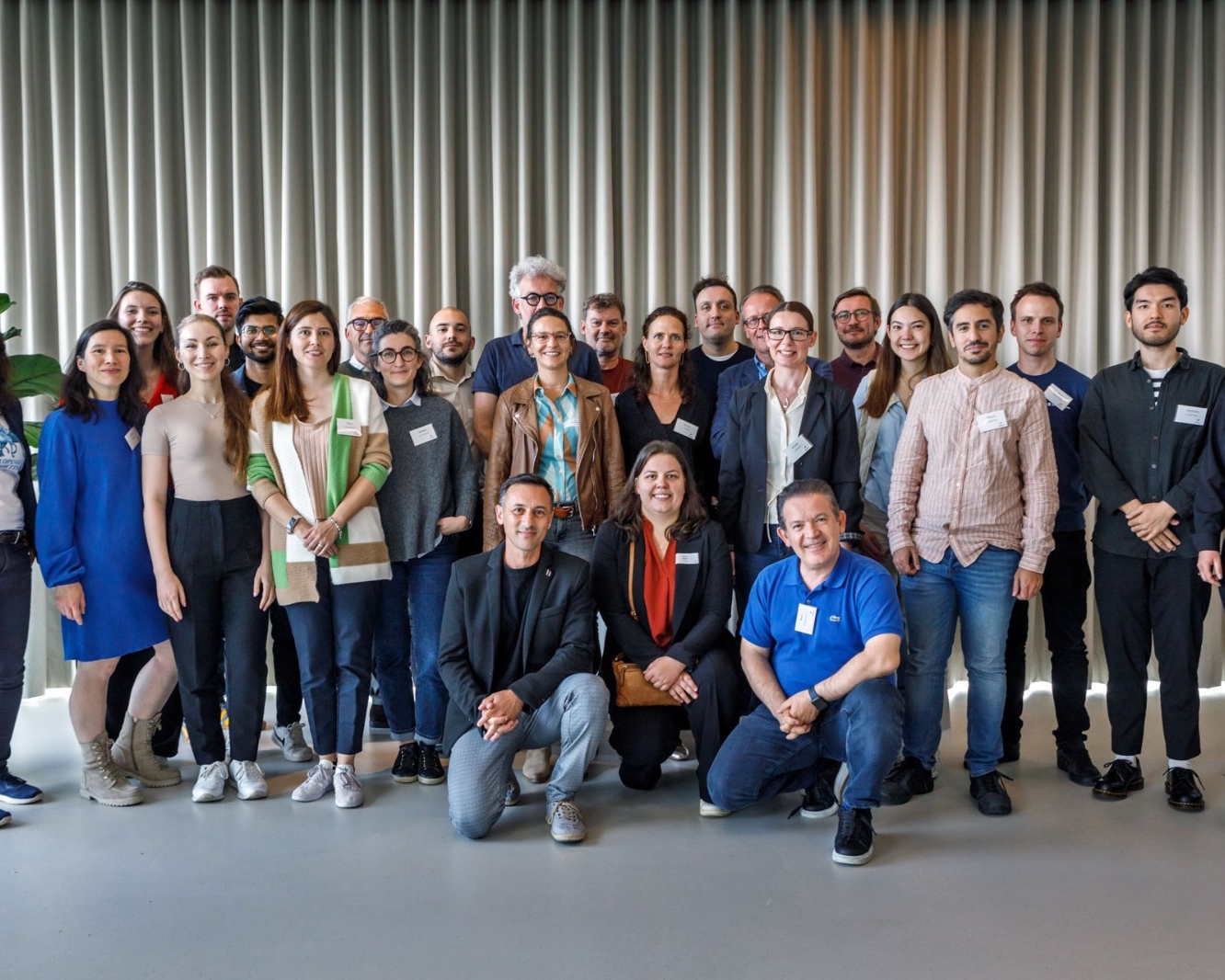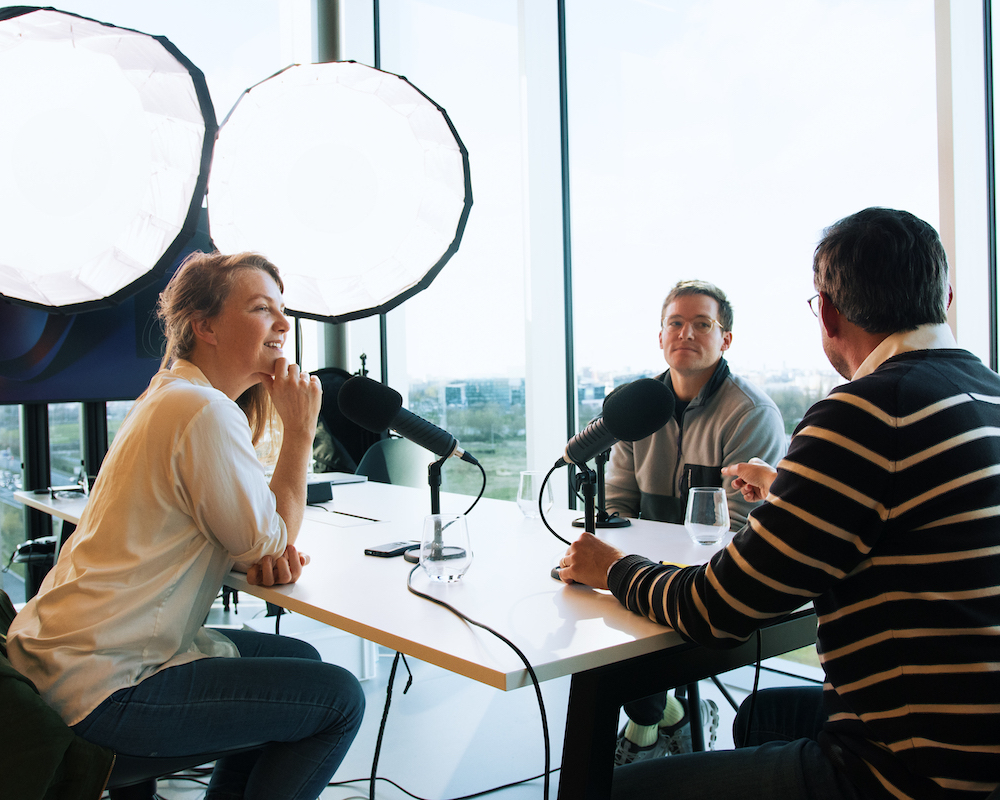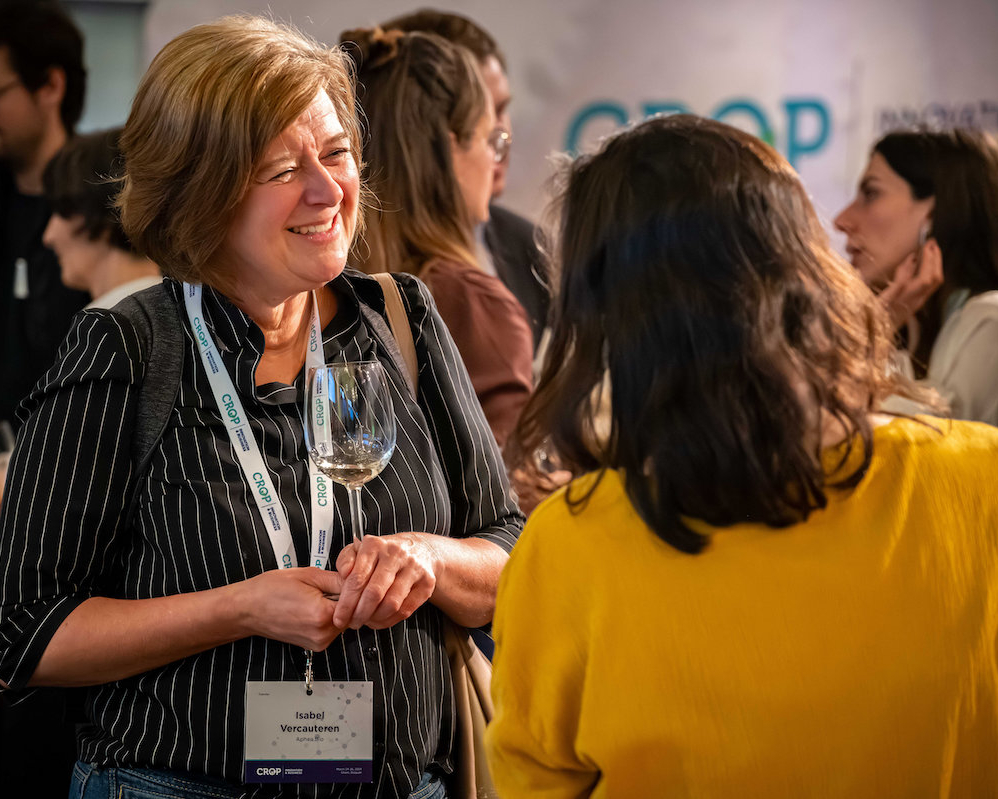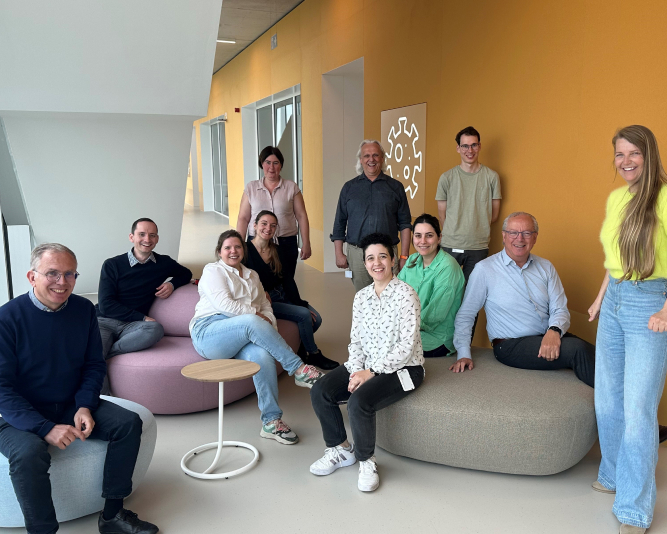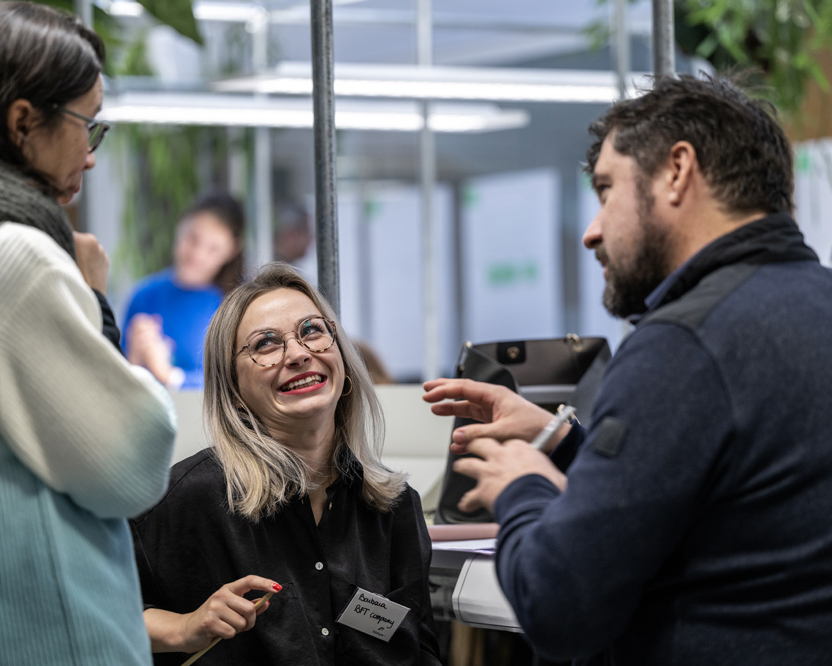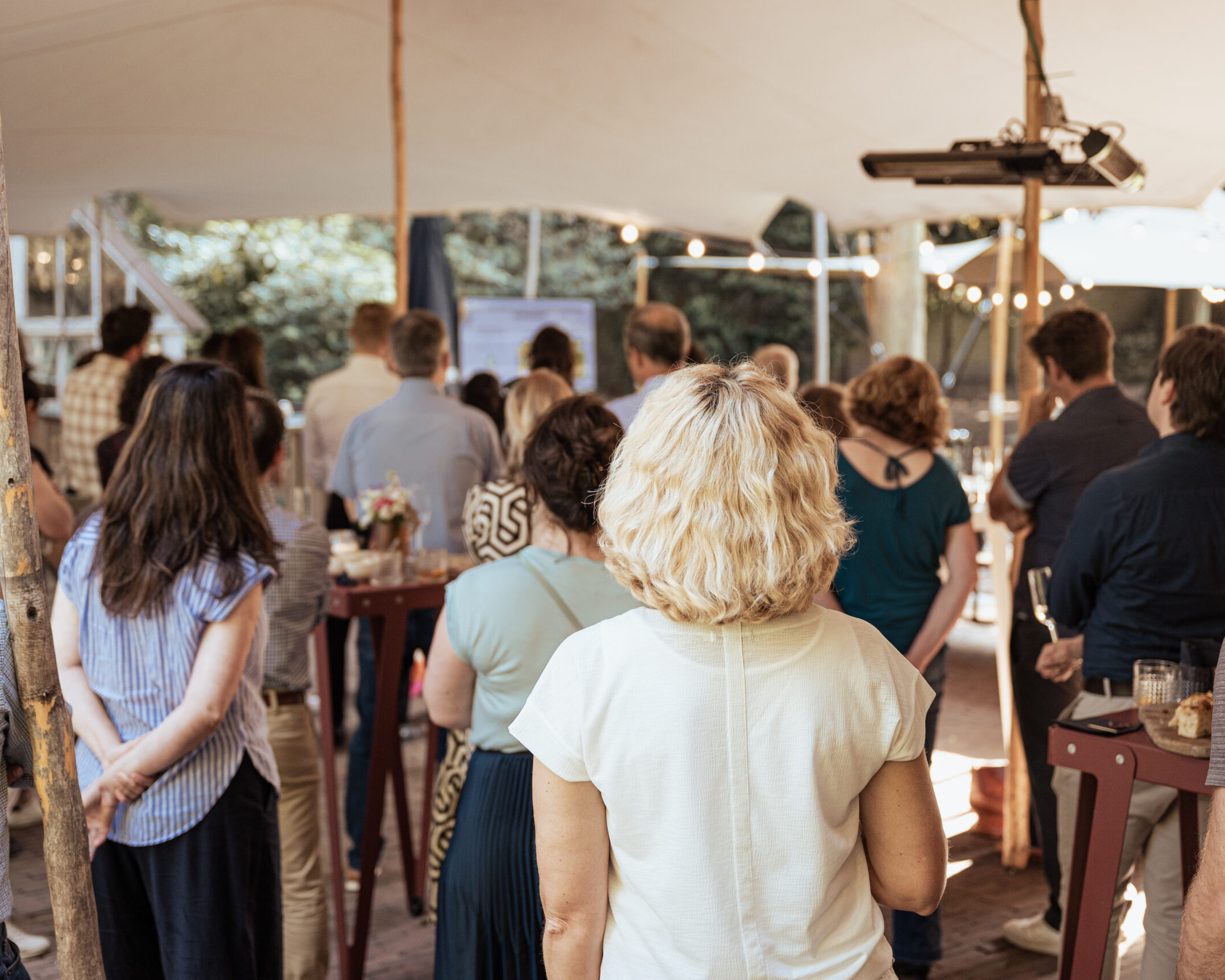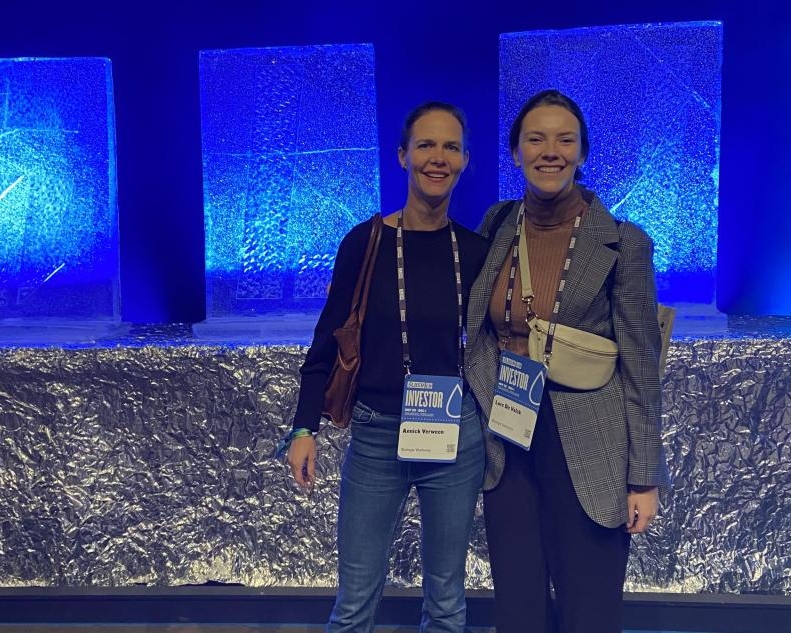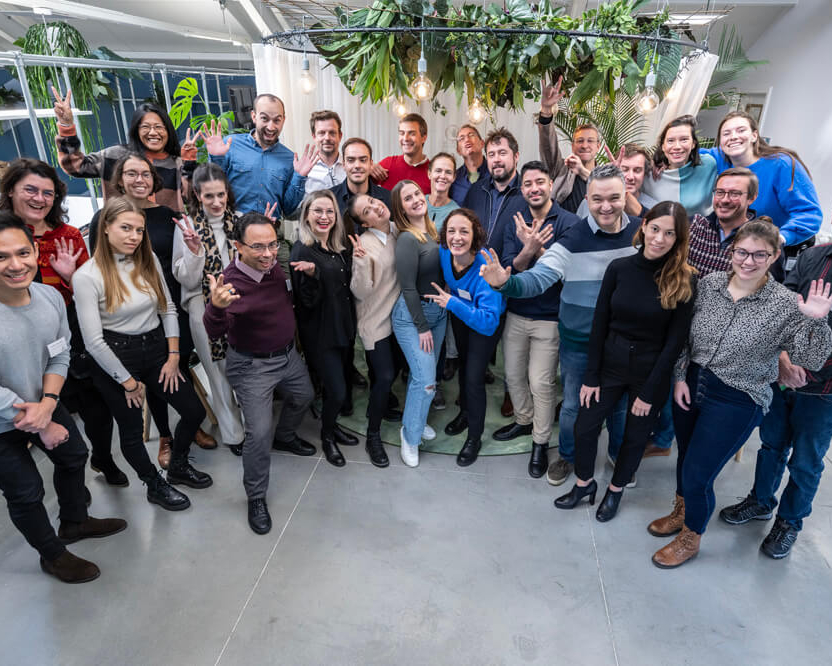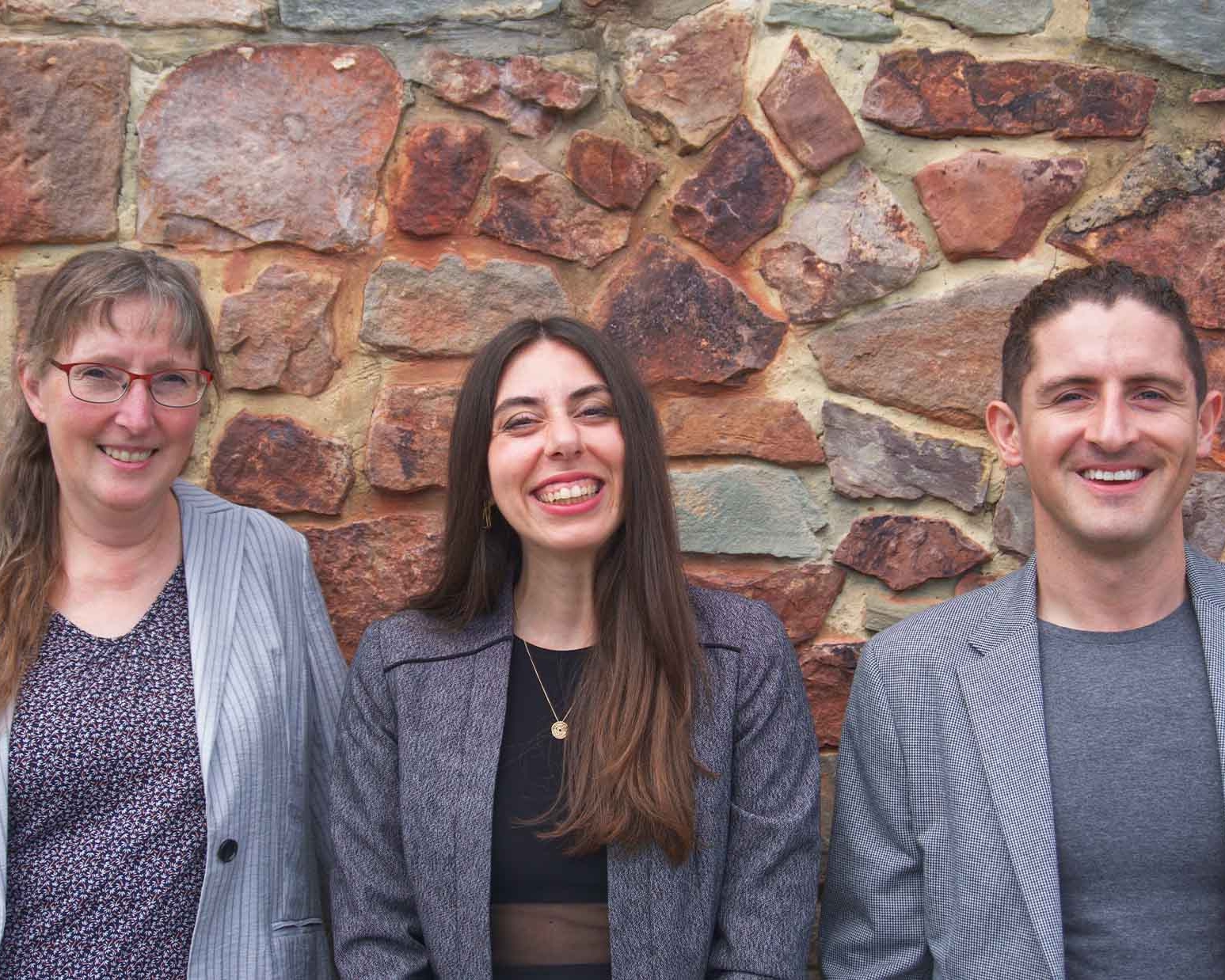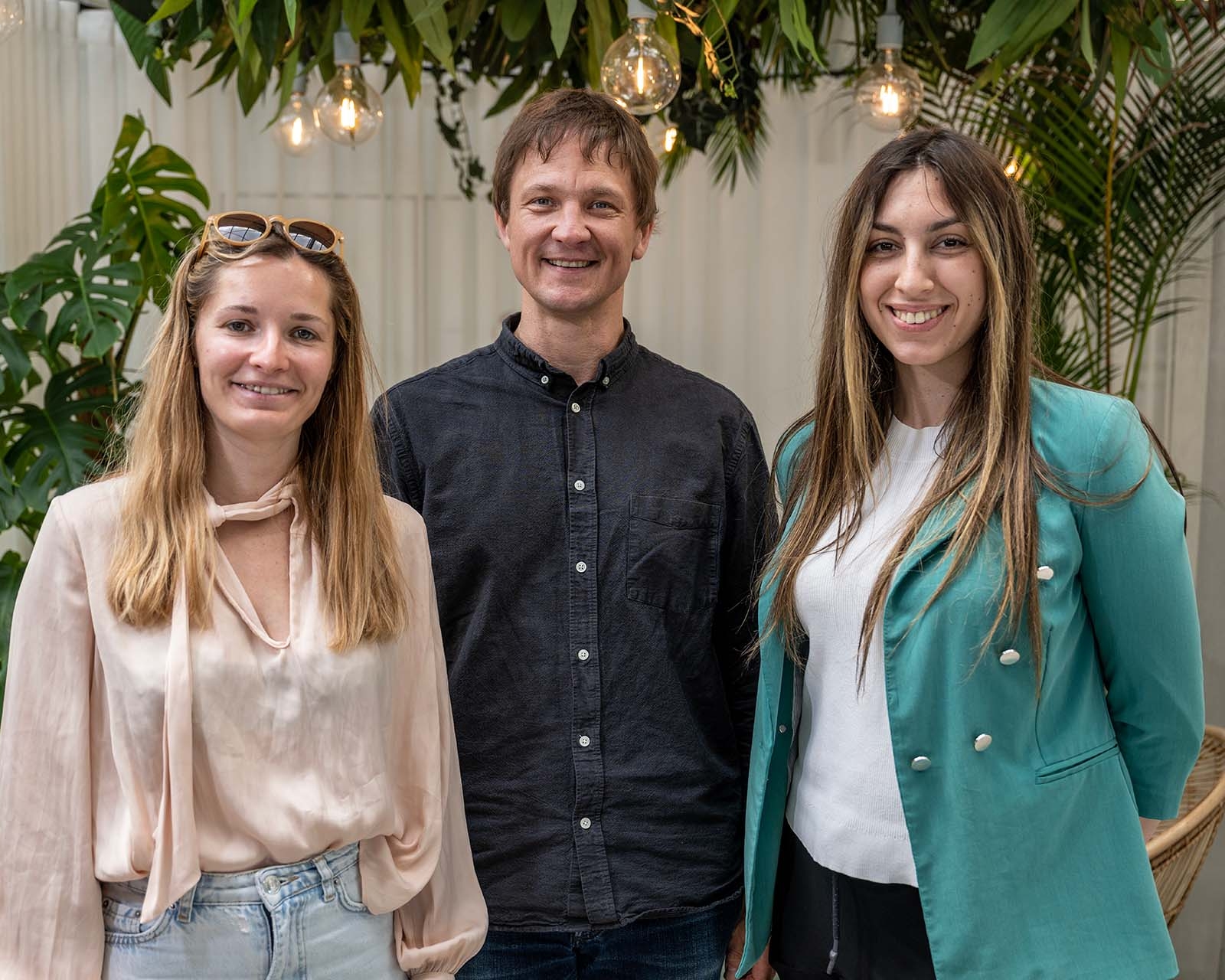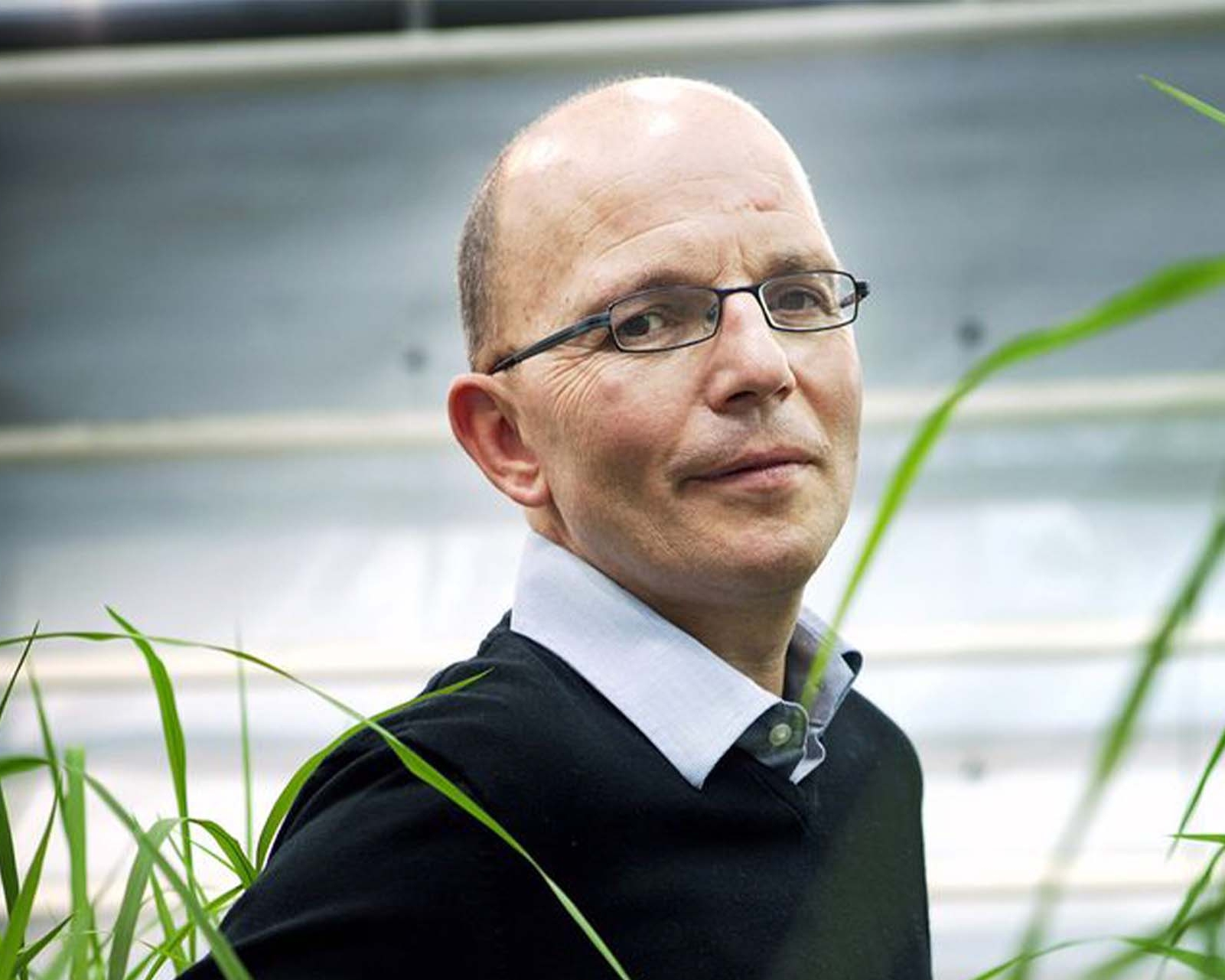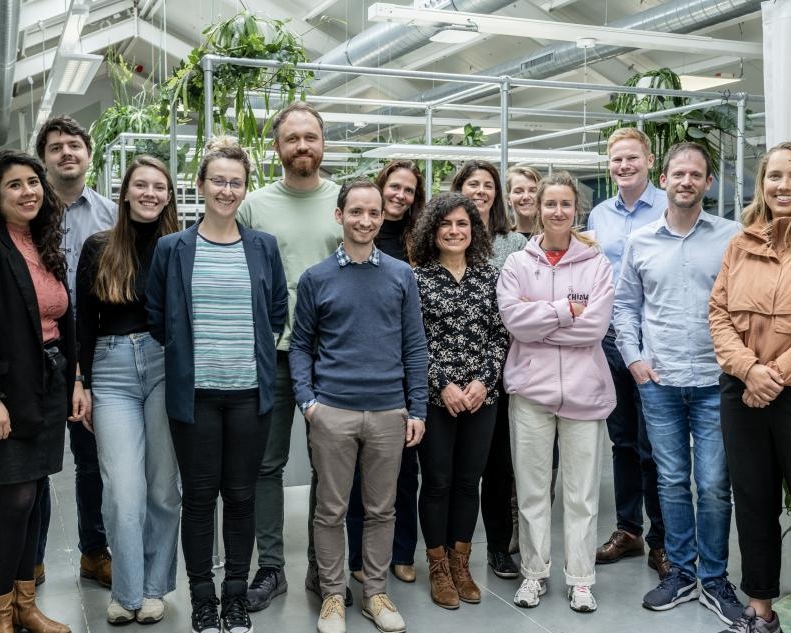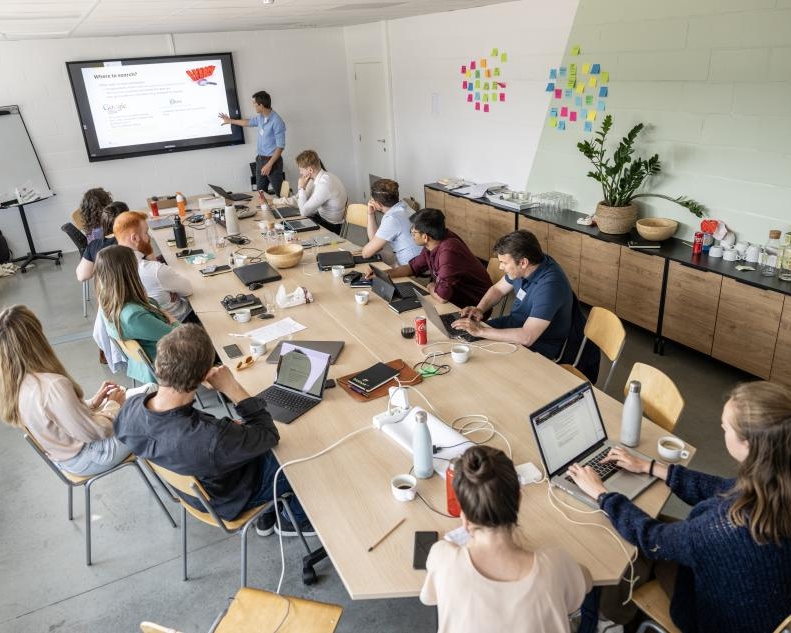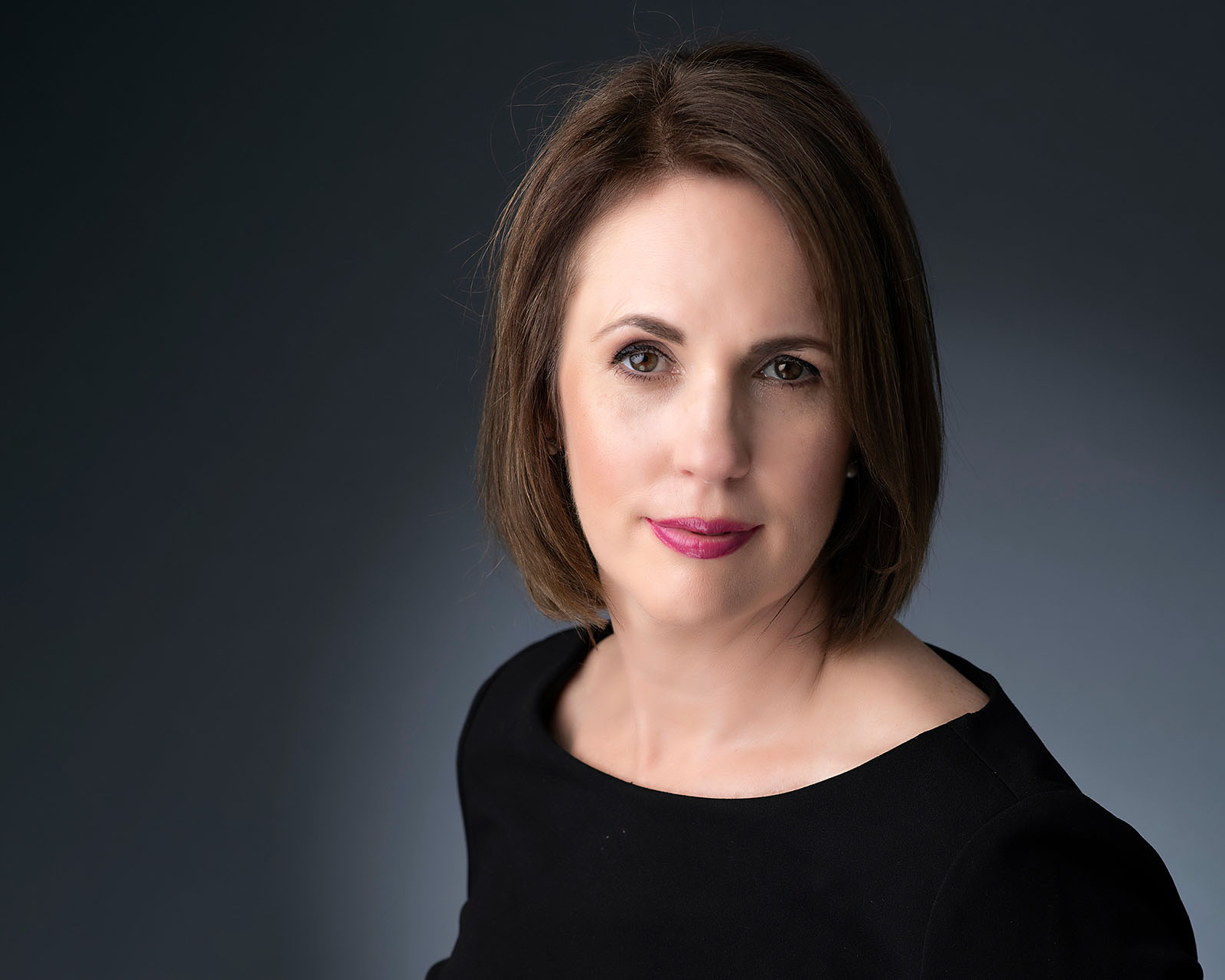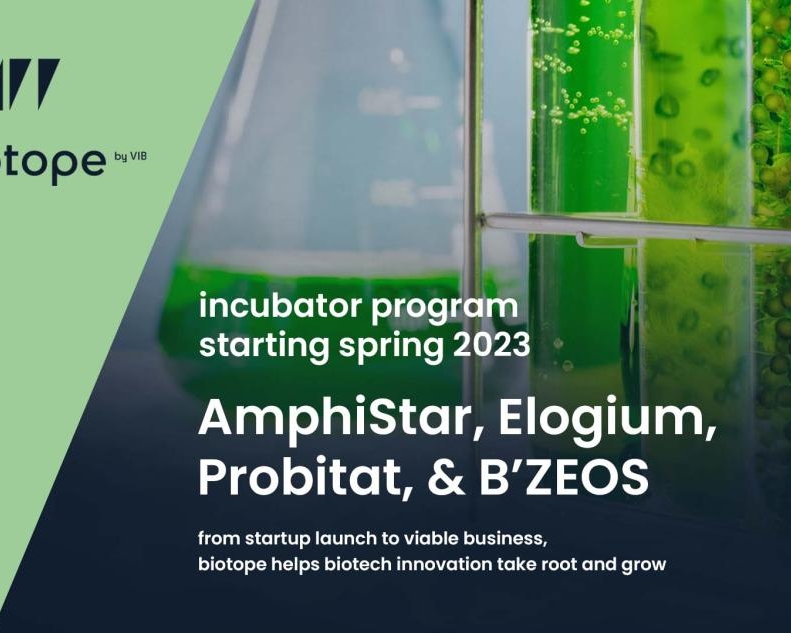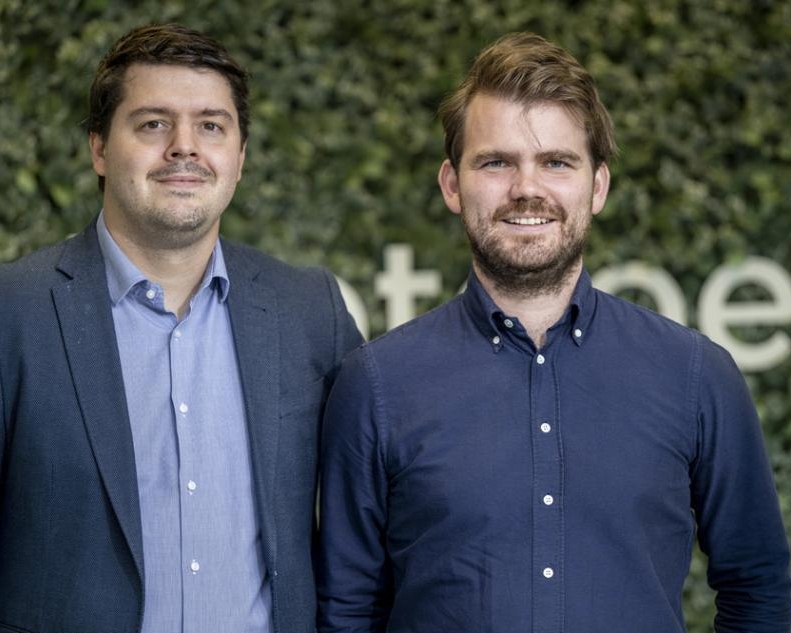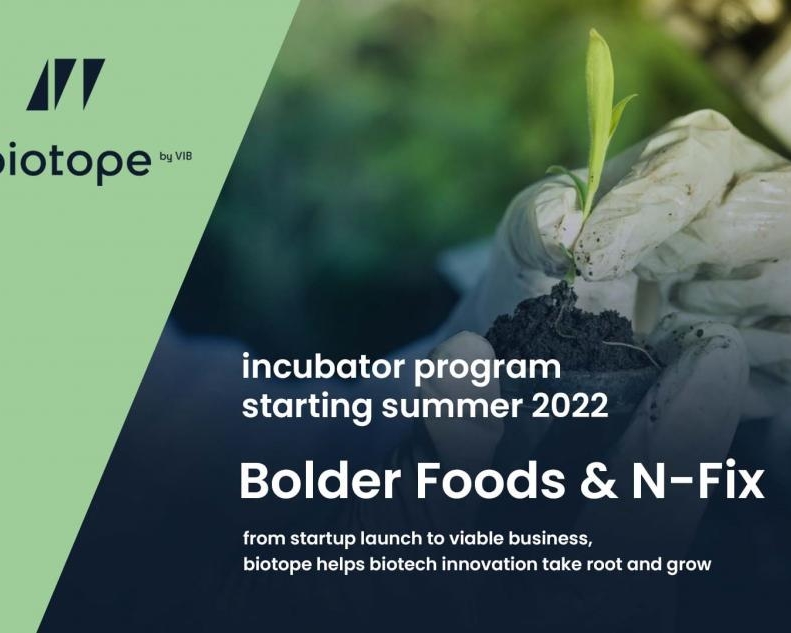- Home
- Startup news
- Skin cancer models reinvented to create cruelty-free lab-grown exotic leather
Skin cancer models reinvented to create cruelty-free lab-grown exotic leather
Corium biotech targets the luxury fashion market with its innovative biomaterial
Quality, durability, exclusivity, and… sustainability. Can a leather alternative really ‘have it all’? The team behind Lenera believes so. With deep expertise in 3D skin models and a strong connection with luxury brands in Paris, they aim to transform the market for exotic leather with entirely new, sustainable bio-materials. The unique story of this Portuguese-French startup took a decisive turn when the two founders went on a trip to the Everglades.
It’s May 2018. Maria Gonçalves Maia and Margot Muller decide to make the most of a trip to Florida. The two were in the US to present their latest results at a dermatology conference in Miami—a fun break from the lab work at Université Côte d’Azur, where they both were pursuing a PhD degree focused on the mechanisms behind UV exposure and skin cancer. After the conference, they took a few extra days for sightseeing and went out to visit the Everglades.
As part of the tour, they got to see alligators in the wild and attended a session where they learned more about the endangered status of these animals, and how illegal hunting had far-reaching effects on the ecosystem. Species that rely on alligators were in decline, while others were overpopulating due to the disruption. The stories of the park rangers planted a seed with the two entrepreneurial scientists.
The true value of skin
“Even before our trip to Florida, we understood that the advanced technology we used to create 3D skin models wasn’t available to every lab, and we were already playing with the vague idea of starting some kind of venture,” remembers Gonçalves Maia. “But what we saw that day in the Everglades really opened our eyes to the value of skin itself.”
When they got back to France, Muller and Gonçalves Maia suddenly had a much broader view of the potential applications of the technology they mastered. There was an entire playing field outside of pharmaceuticals or human health.
“It took us two years to gather more information; to try and understand the ecosystem better,” says Muller.
Transforming human skin reconstruction techniques into a process for creating alligator leather was no small feat either. “We had to adapt the technology—fibers, cell types, everything was different.”
The duo applied for a student entrepreneurial status at their university and after finishing their PhDs, jumped into their startup adventure.
Creating leather in a dish
Their idea to target the leather market found a nurturing home in an incubator program in Porto–where Gonçalves Maia obtained her first degree in Pharmaceutical Sciences.
To acquire the necessary samples, the team built a network of veterinary centers and zoos, ensuring that all samples were ethically sourced. “We only collect after the animal’s death from a natural cause, or during surgery, so we never harm the animal to obtain a biopsy, even if that’s in practice only a minor procedure,” Gonçalves Maia emphasizes. “This is really important for us and our target consumers.”
Working with non-mammalian cells presented its own set of challenges. “Growing reptile cells was a completely new experience for us,” explains Muller. “We had to adjust our entire process to ensure the cells would grow, and the fibers they produced were different from anything we had worked with before.”
In the end, the two were able to patent their method, because it was so different from existing methods and platforms.
When Muller and Gonçalves Maia won the national edition of the EU Climate Launch Pad and a few other smaller competitions, they got the attention of a few VCs and were able to secure a 100K ticket from Portugal Ventures. In August 2020, Lenera was formally founded and the startup took speed.
“We reached out to João Pinto, a long-time friend, who had inside knowledge on the fashion and luxury industry.” Pinto had been working for years in public relations and communication for multi-brand agencies in Paris and had the right connections and knowledge to find entry routes into the market.
“I actually always loved science,” Pinto says. “I ended up taking a different road but am now extremely pleased to be able to work at this intersection of innovative research and fashion.”
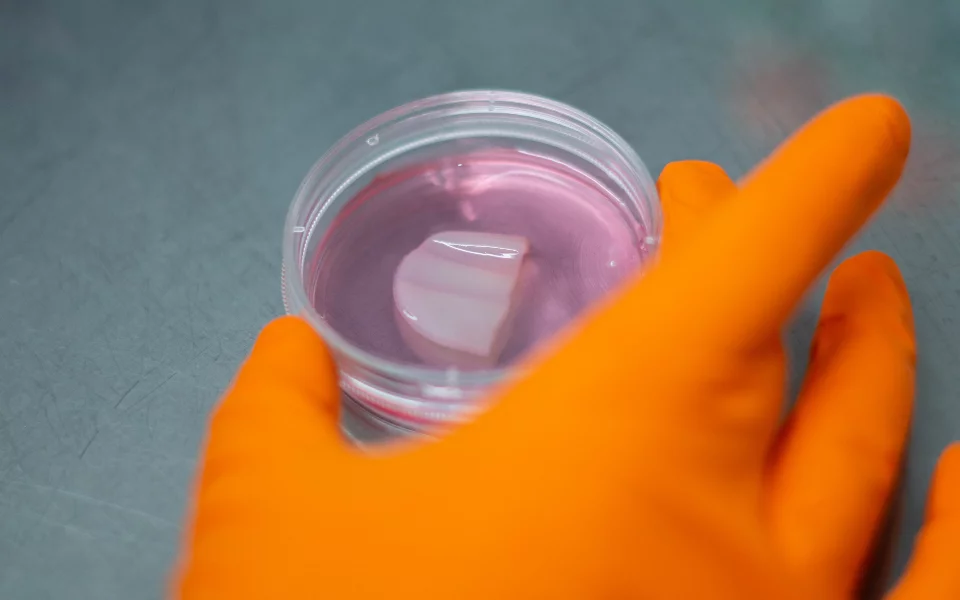
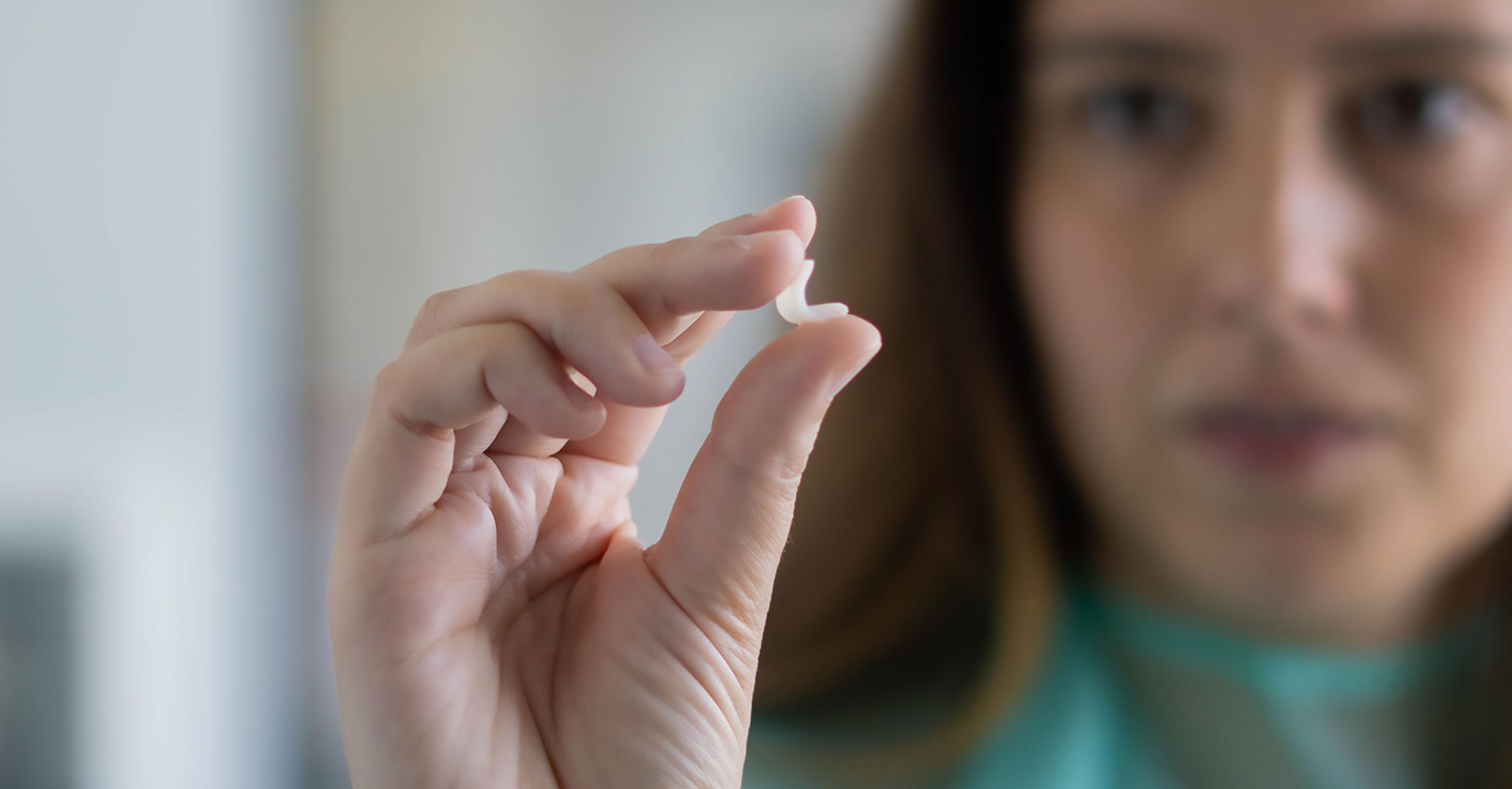
Consumers demand more
Consumer buying preferences are evolving rapidly, also among high-earning clients. “Even those who can afford luxury are changing how they buy,” explains Pinto. “They still want status pieces, with exceptional quality and durability—a product that retains its high value.” Importantly, consumers are increasingly demanding products that are not only unique but also eco-friendly. “Sustainability is now a key factor alongside exclusivity,” he adds.
Gonçalves Maia: “Most companies now at least use the skin of animals from farms that also process the meat. Of course, even on these farms, animals are bred for the purpose of obtaining their skin.”
Vegan leather alternatives are popping up, but so far, they are not fully meeting expectations in this highly demanding market space. “The quality and mechanical properties of many vegan leathers just aren’t there yet,” Pinto points out. “Another concern is that sometimes their production relies on petrochemicals, which makes it more a form of greenwashing than an actual sustainability improvement.”
Some companies are creating mushroom-based leathers, but even there the feedback has been mixed. “We’ve heard from clients that these mycelium alternatives don’t age well or at least don’t age in the same way as leather does.”
The demand for something unique, customizable, and sustainable is growing. “Quality is always the number one factor for luxury brands, and they want something bespoke that can be tailored to their needs. What excites companies about our project is the potential to create a high-quality leather alternative, customizable with new properties, patterns, and colors—opening the door to new and unexplored creative products. The option of being able to offer something truly unique is really right up their alley.”

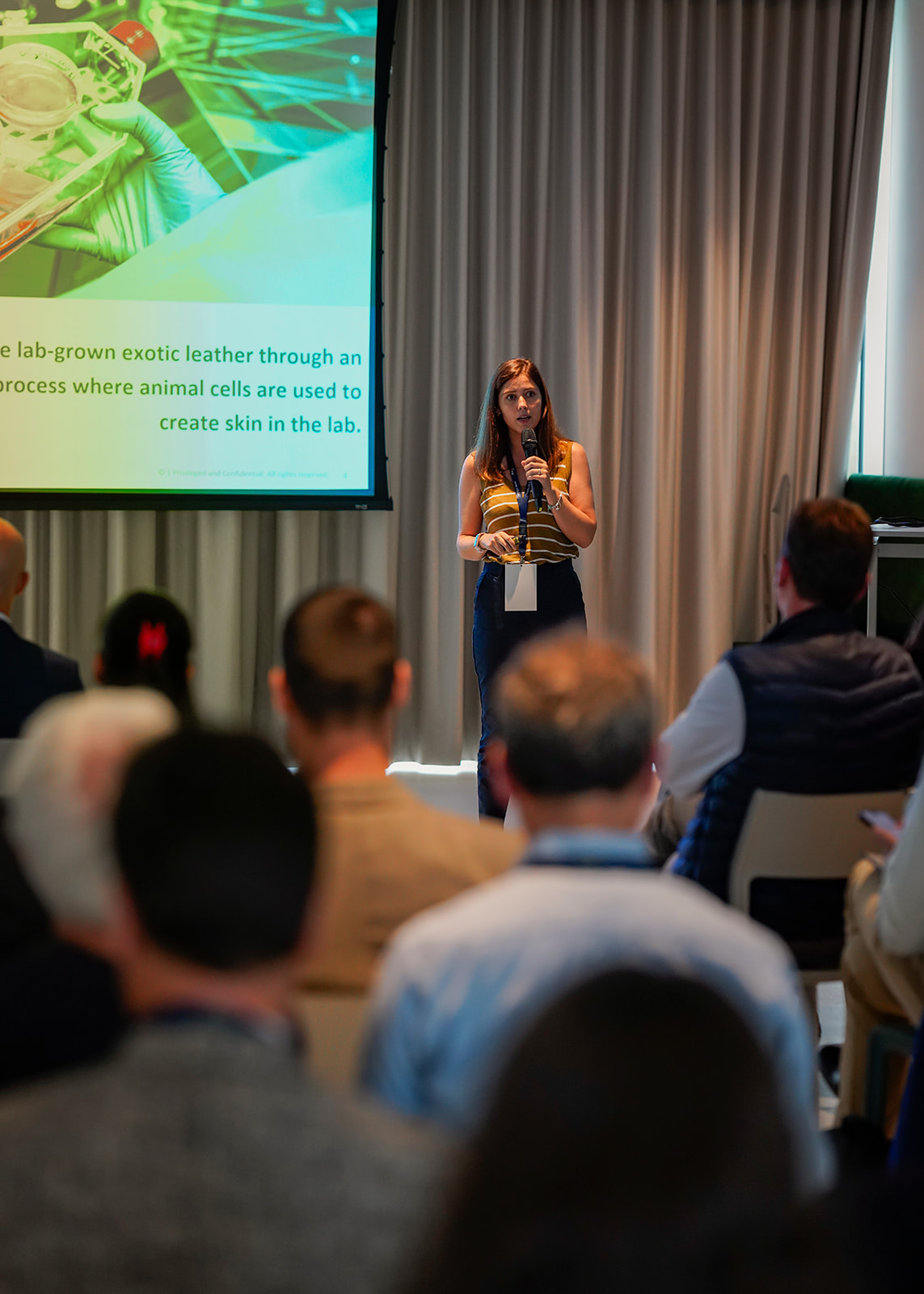
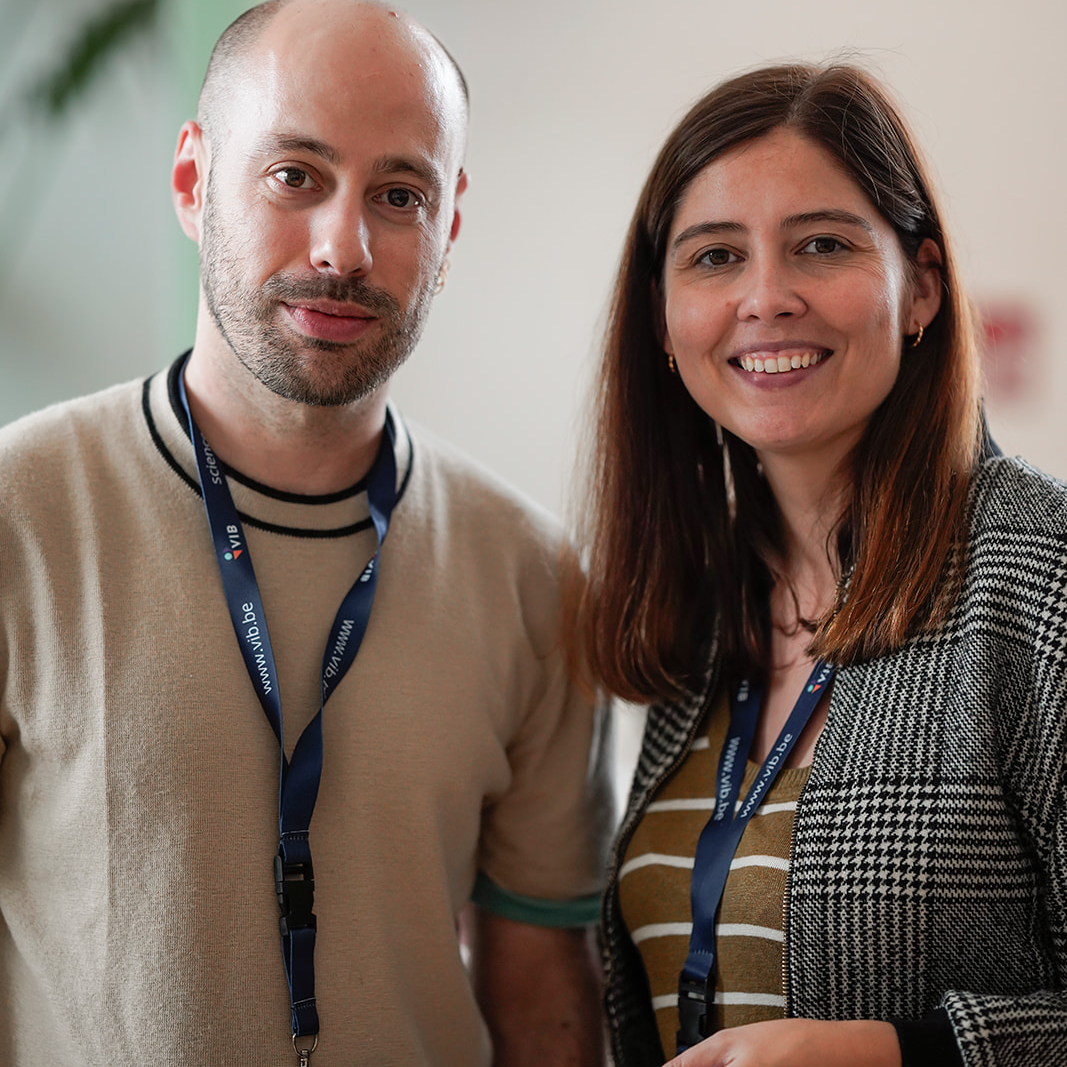
A race for new materials
The luxury industry is just one of many sectors feeling the pressure to innovate, as there’s a growing demand for sustainable alternatives in response to the environmental impact of fashion. “The fashion industry as a whole is one of the most polluting in the world, and the pressure to change is enormous, especially with critiques of fast fashion,” explains João Pinto. “People are starting to see the bigger issue, and that’s really forcing the industry to rethink its practices.”
This shift is also affecting luxury brands. “Even in luxury, where prices have skyrocketed, there’s been issues with quality, and consumers are noticing,” Pinto adds. “Despite all of this, there’s still an appetite for something better—high-quality, sustainable materials that don’t compromise on exclusivity.”
Lenera sees an opportunity to fill this gap with its innovative biomaterial. “The race for new materials is building on years of biotech research, and we’re right at the forefront of this wave,” Gonçalves Maia notes. “Ten years ago, everything in biotech was focused on precision fermentation and cell agriculture for health. Now, the focus is shifting toward materials, and that’s where we come in.”
Lenera’s approach is to start small and target a specific niche within the luxury sector. “We’re not aiming for the mass market, but rather high-end, bespoke products that need unique characteristics,” Muller explains. “Even with more time and resources, we can’t scale in a way that would be needed to supply mass market brands, but we can create something that can make a visible impact in the market. It’s better to aim for realistic goals than chase the impossible.”
“We stopped seeing our product as just a leather replacement and started seeing it as an improvement—a completely new material.”
Scaling up
The biotope basecamp came at a crucial time for Lenera. One of the moments that really stood out was the session on refining a unique value proposition. “We had to rewrite ours so it was clear in one sentence,” Gonçalves Maia recalls. “It really shaped how we present Lenera. We stopped seeing our product as just a leather replacement and started seeing it as an improvement—a completely new material.”
The next two years are critical for Lenera as they shift their focus from R&D to scaling up their innovative leather production. “We’ve mastered the process of creating the skin but scaling it for the industry is the real challenge ahead,” says Gonçalves Maia. As they move forward, the goal is to perfect some qualities of their current samples and launch a pilot program, which will be the key focus of their next funding round.
Lenera is aiming to create meaningful partnerships within the biotope ecosystem to tackle this challenge, leveraging the knowledge of experts in areas where they lack experience. “We’re not experts in fermentation for example,” Muller explains. “That’s one of the reasons why biotope’s ecosystem is so valuable to us. There’s a huge amount of expertise within the network, and we’re hopeful that we can work with a partner to speed up that part of our development.”
On the business side, the team continues to refine their model. “We’re still working on improving our business strategy and strengthening our network. Speaking with the right people who can help us perfect it is crucial,” adds Gonçalves Maia. Intellectual property is another area they are focusing on. “We have some delicate points in our IP strategy that we need to address, and biotope could be a huge help here as well.”
In addition to private funding, the team is also exploring non-dilutive public funding options, especially as they grow their team. “We’ve been told that expanding the team doesn’t mean less work—just more to manage,” Gonçalves Maia jokes.
Without a background in business, the team admits they have faced steep learning curves, especially when it came to financial plans and investor negotiations. “We’ve made mistakes along the way, but with the support of biotope and our current investors, we’re optimistic the next round will be smoother.”
The next big challenge is clear: bringing their revolutionary, cruelty-free leather to the luxury market on a larger scale.
More News
The fundraising mirage
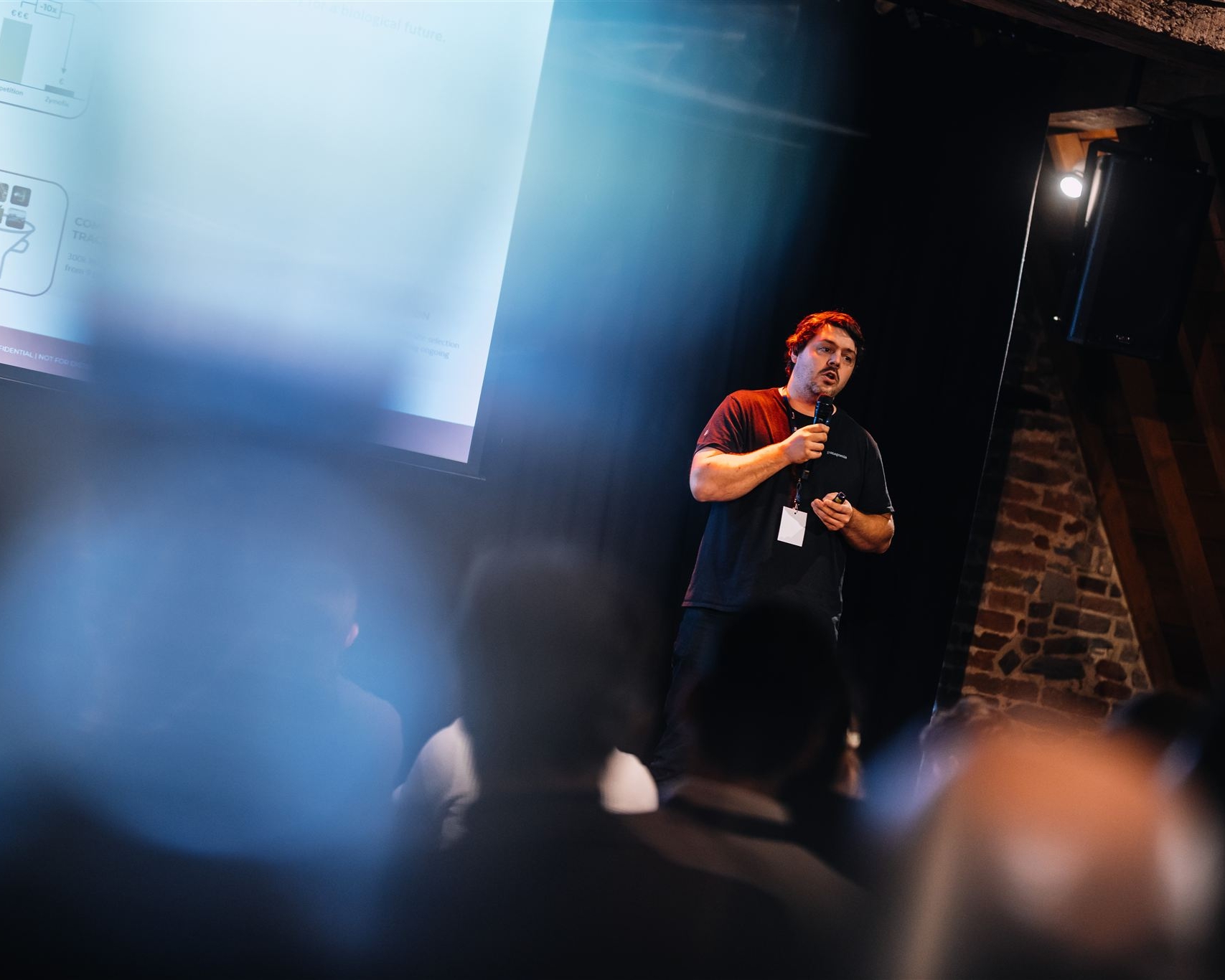
Typcal is brewing the future of pragmatic protein
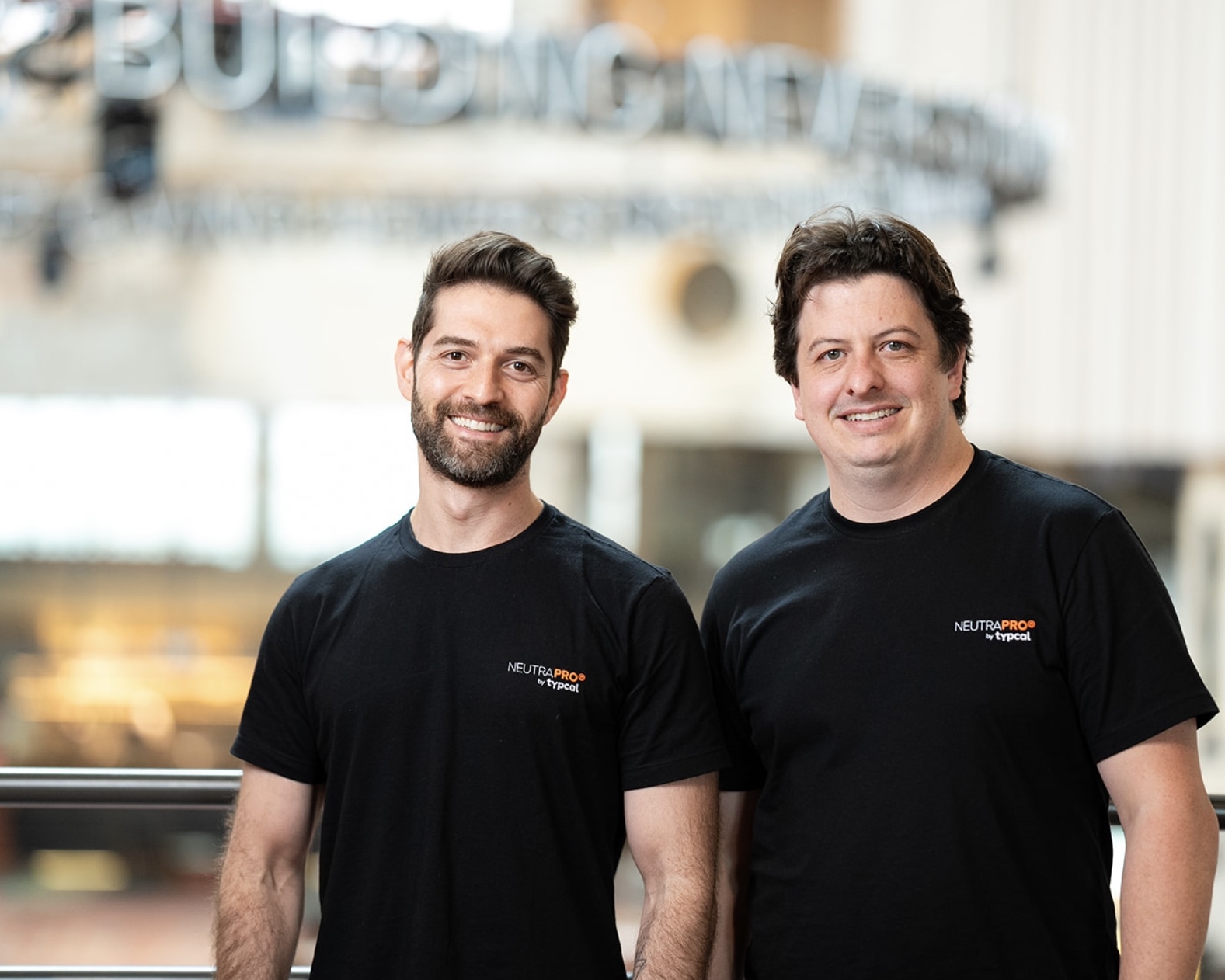
AmphiStar secures €12.5m EIC funding
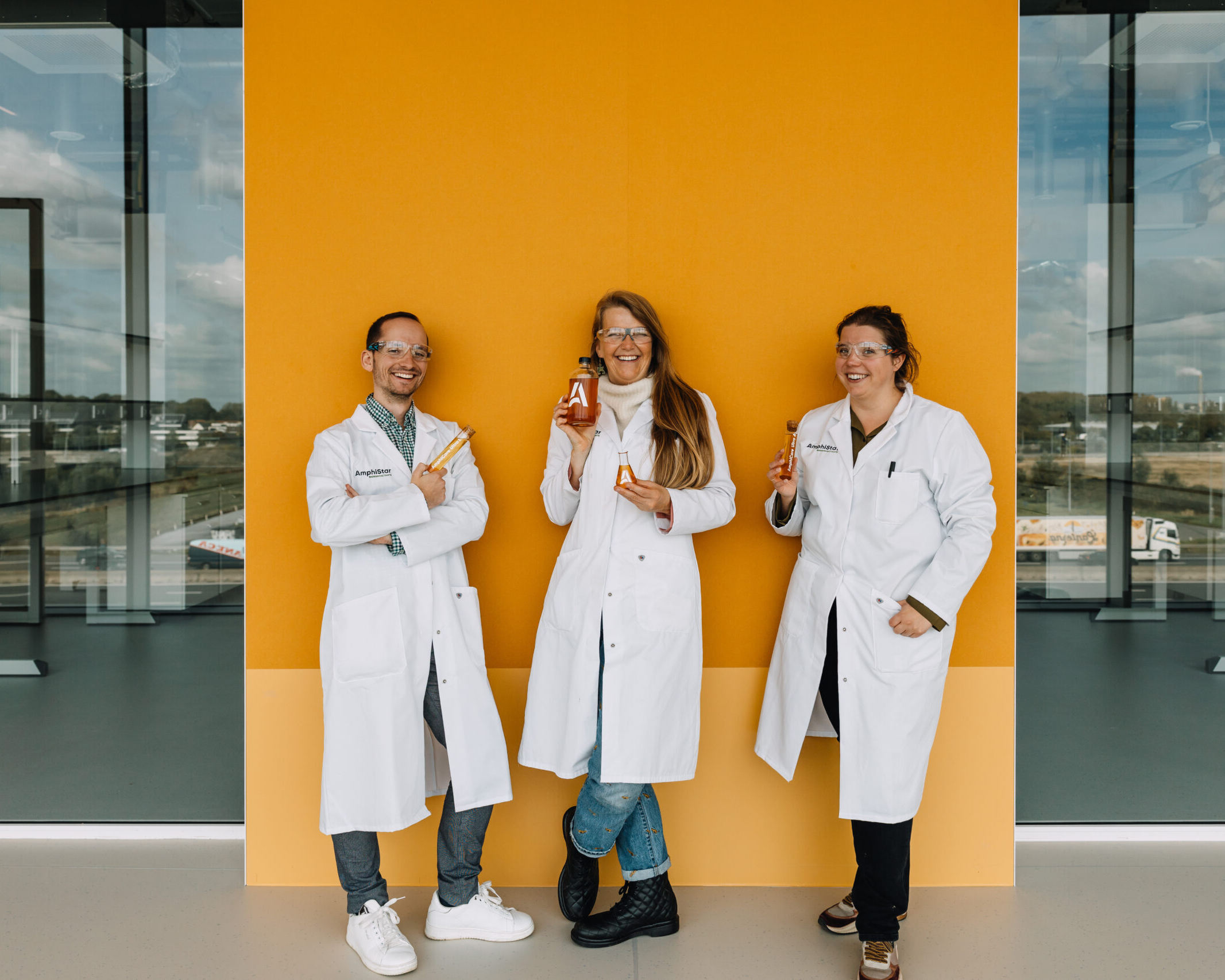
biotope recap: Summer edition
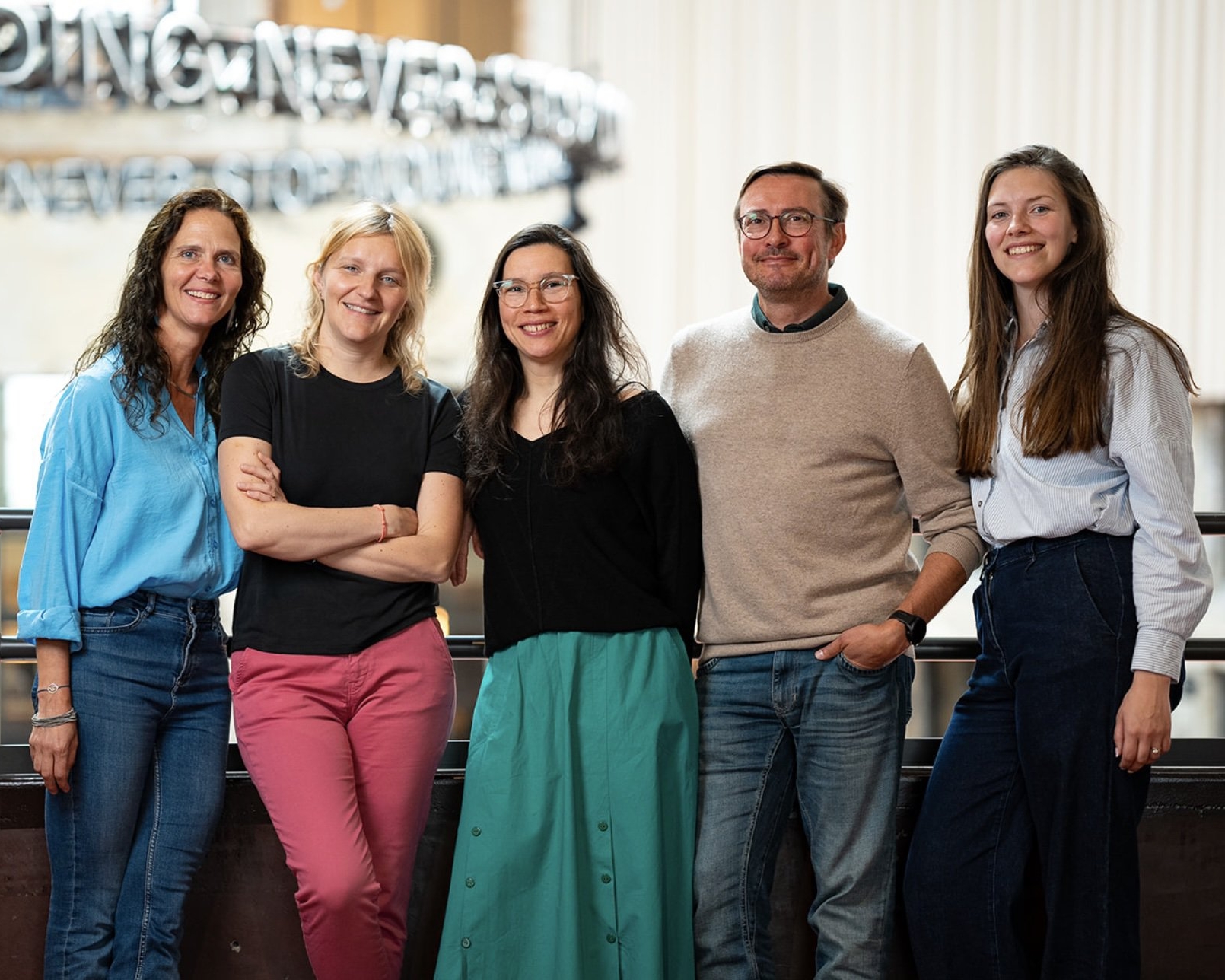
Annick Verween on the VCo2 podcast
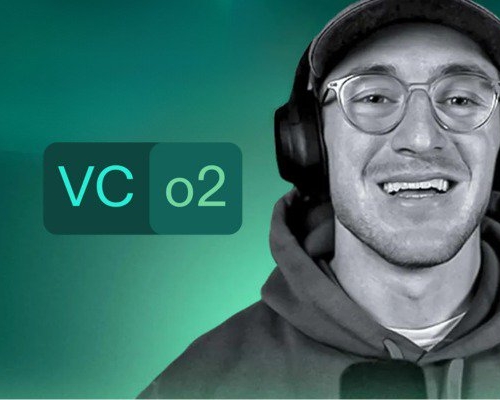
2024 wrapped
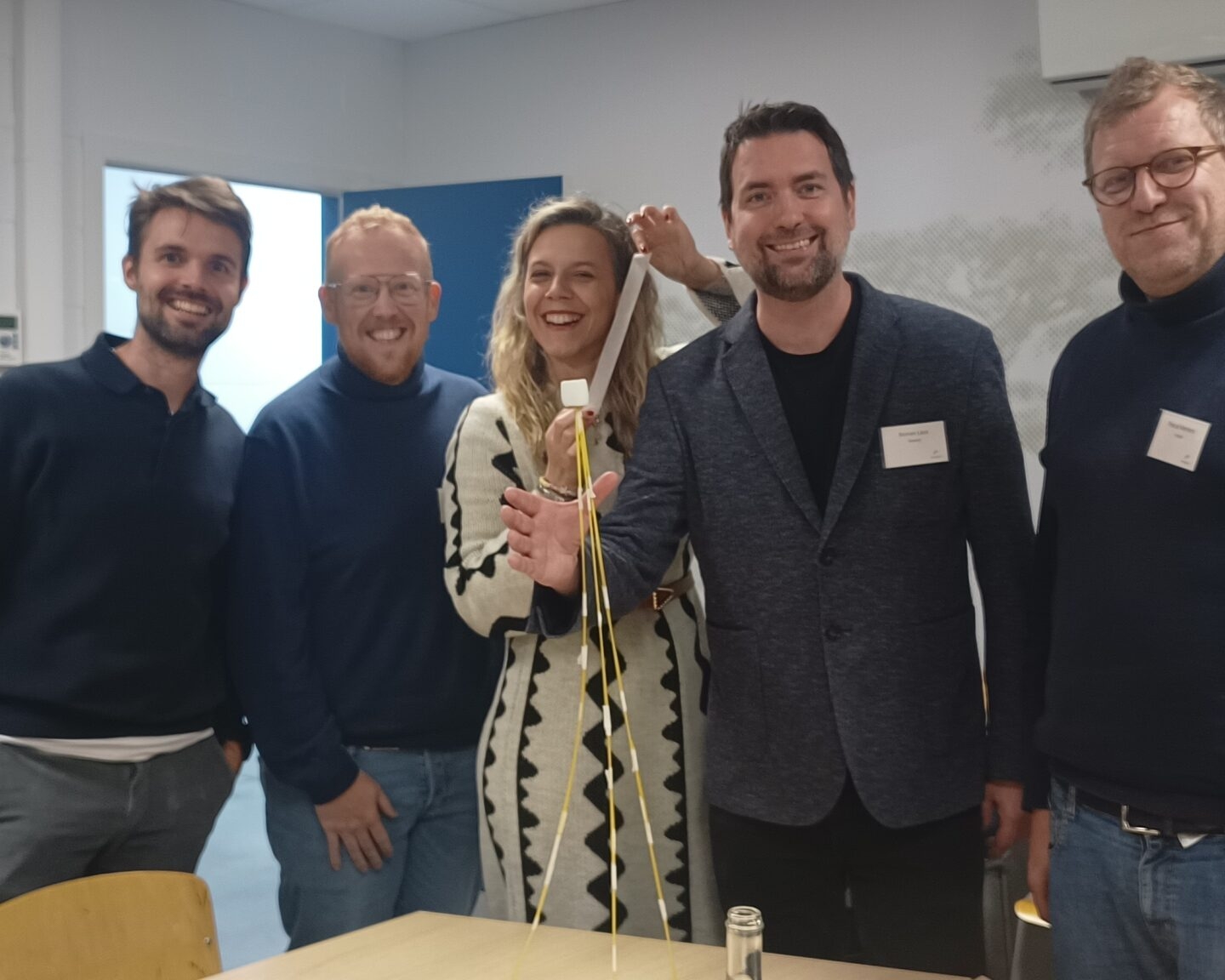
Networking with cohort six
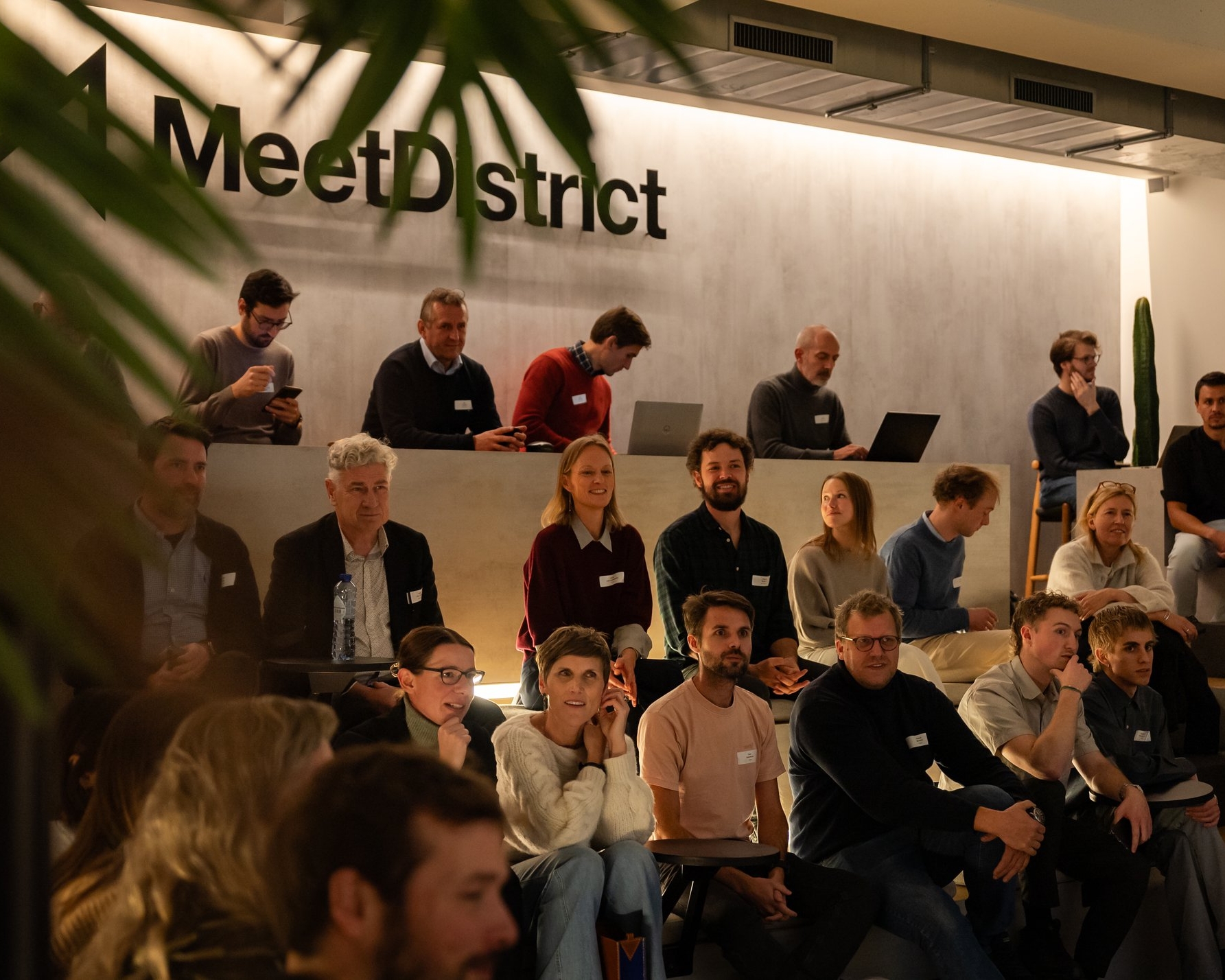
B’ZEOS celebrates seed round milestone
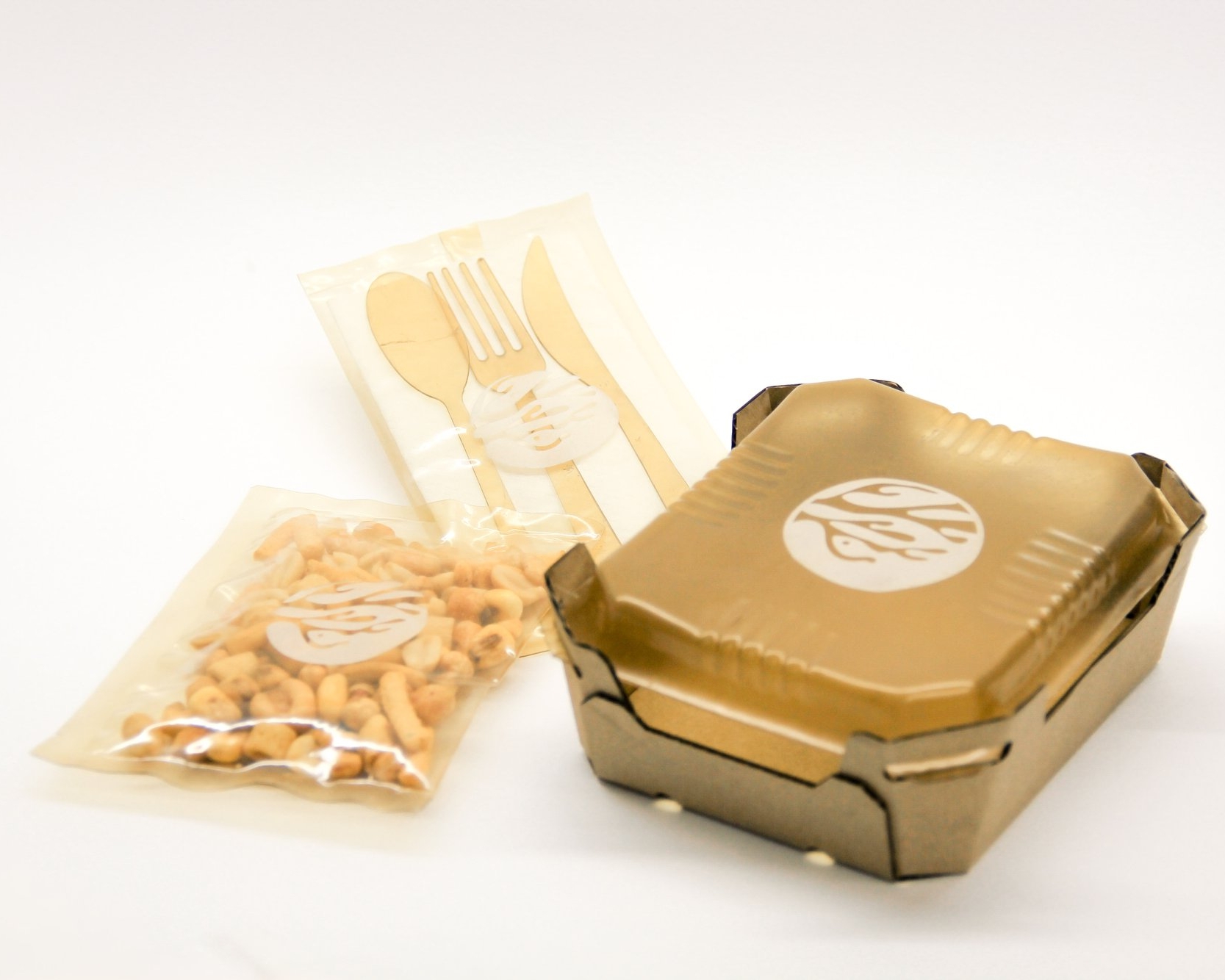
Tackling food waste at its source
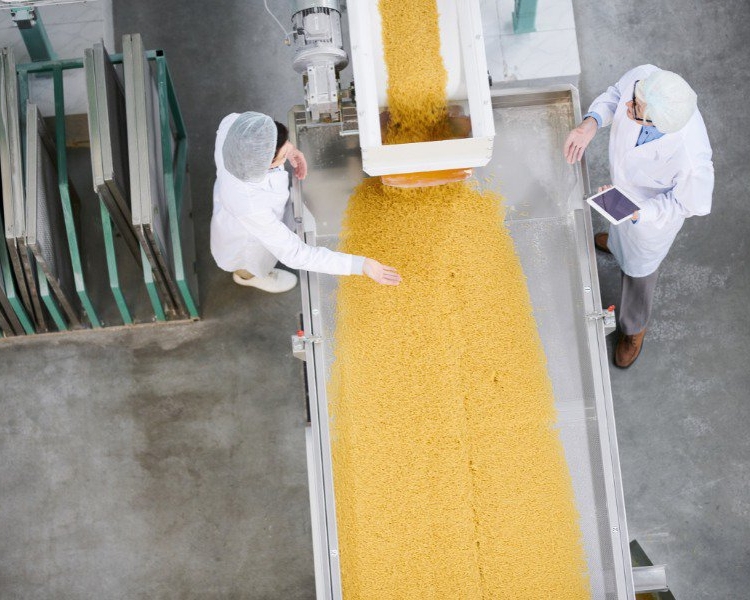
The value of good mentors
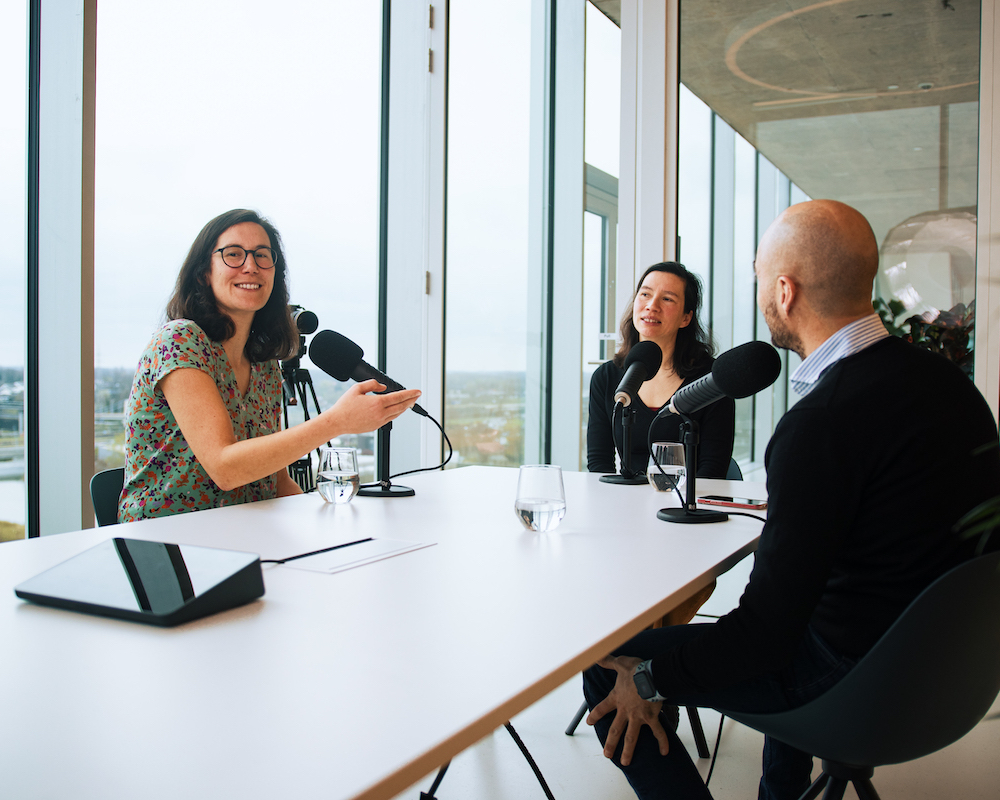
Meet our Spring ‘24 cohort
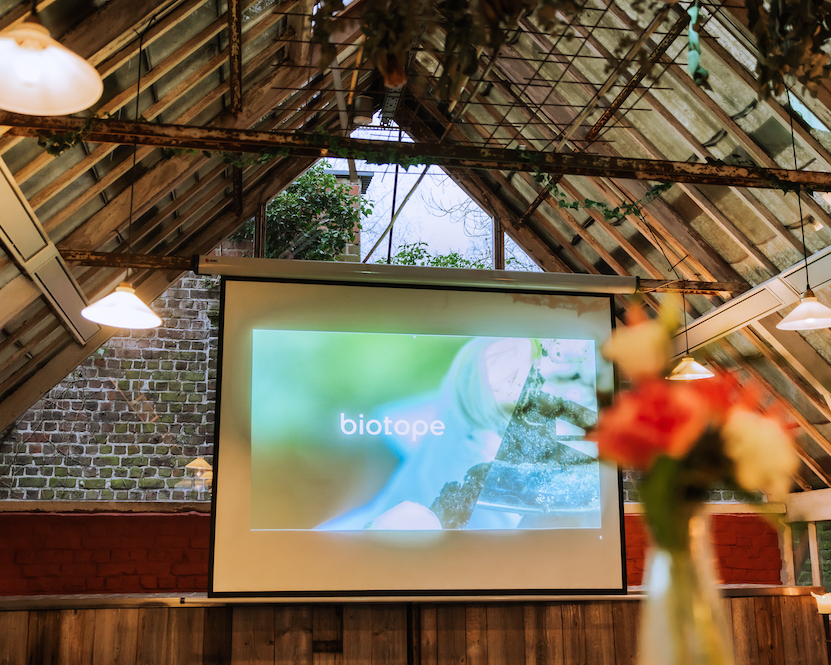
His son’s allergy turned this father into a founder
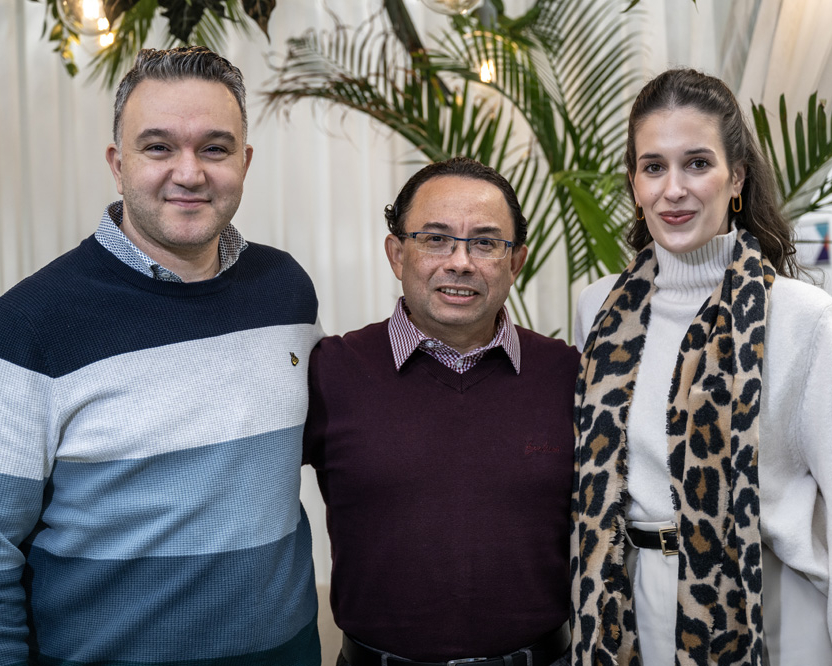
FlyBlast: on a mission to solve meat
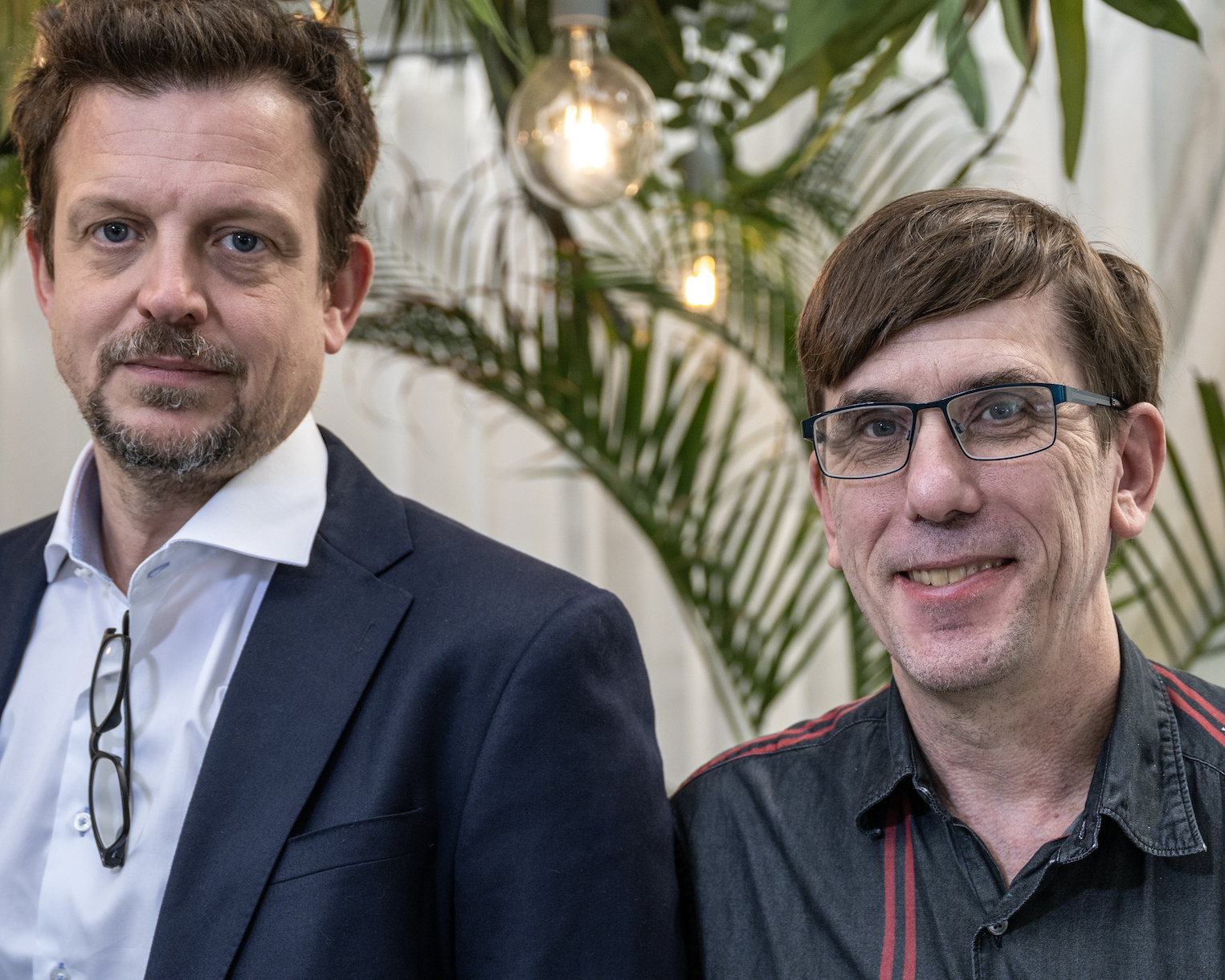
Biosurfactants from food waste? Meet AmphiStar
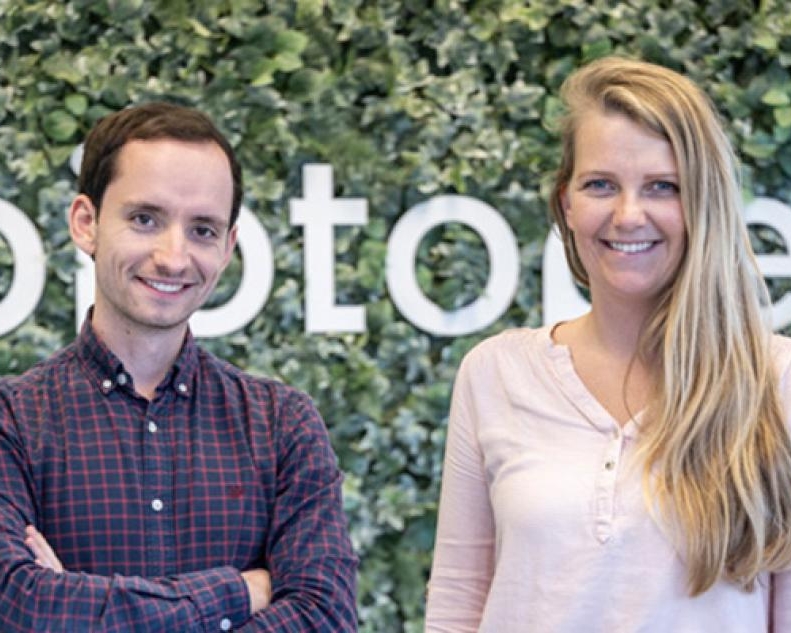
Probitat interview
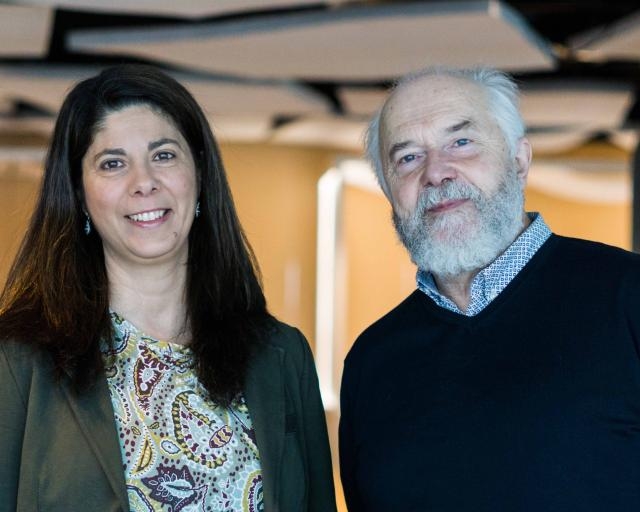
B’ZEOS: sustainable packaging made of seaweed
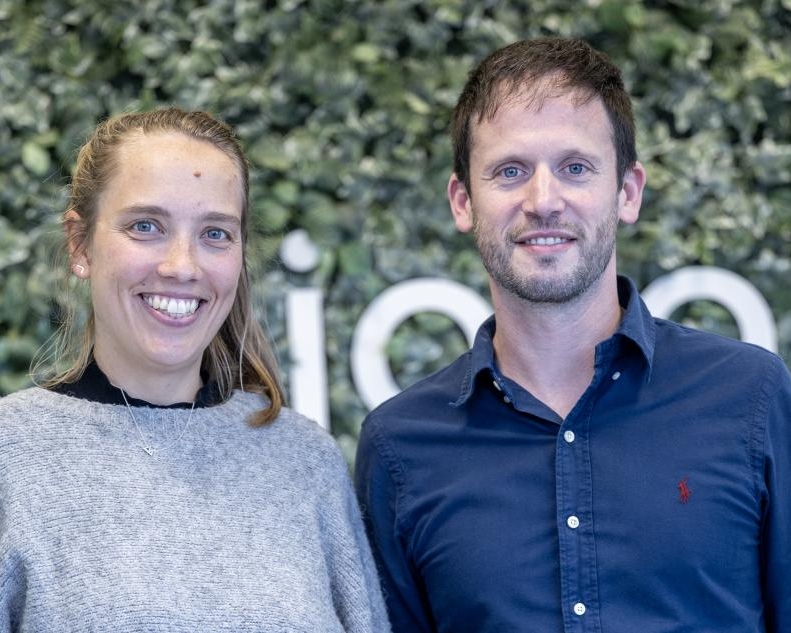
Elogium: Poultry probiotics for safer food
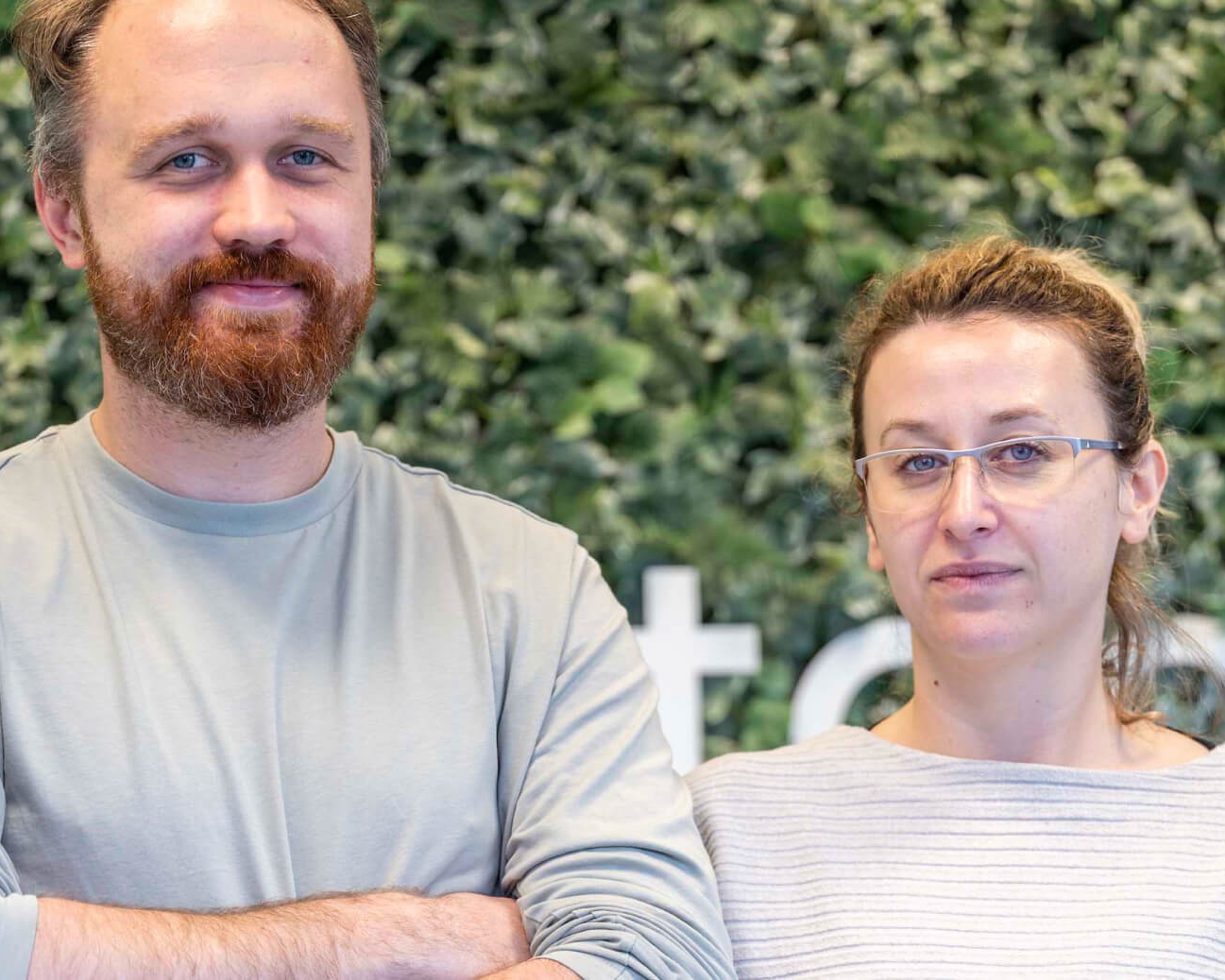
Launch of Biotope ventures fund
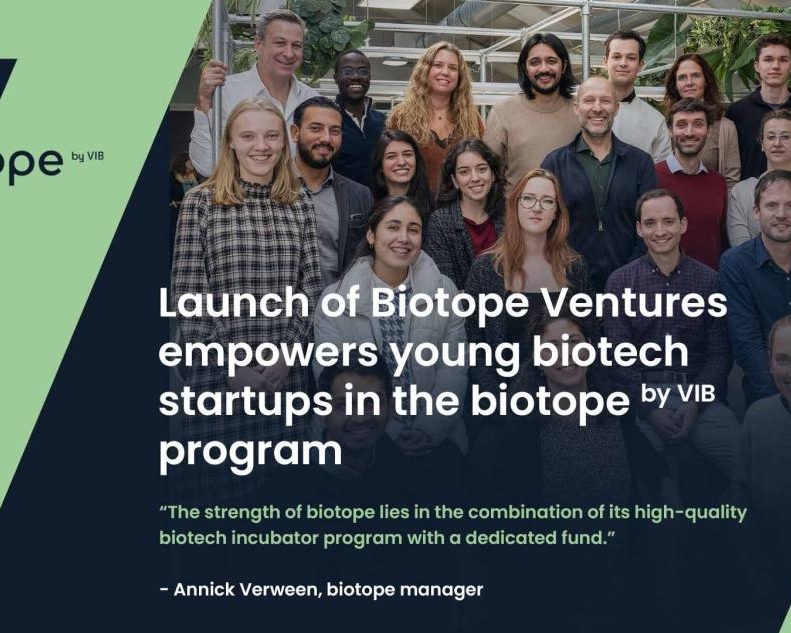
Bolder Foods: non-dairy cheese for a better world
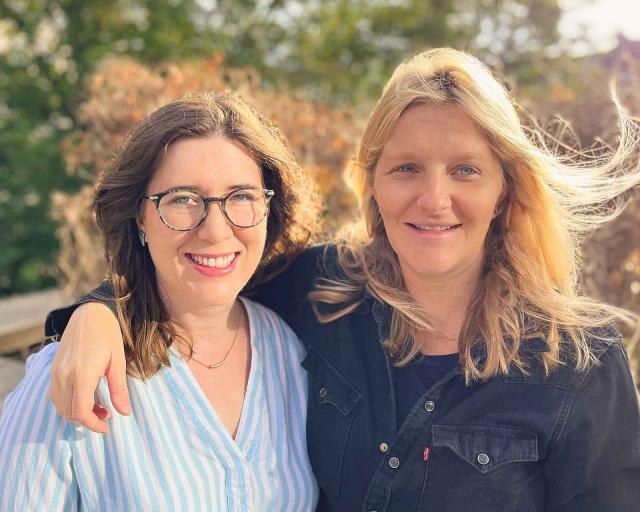
BioVox article
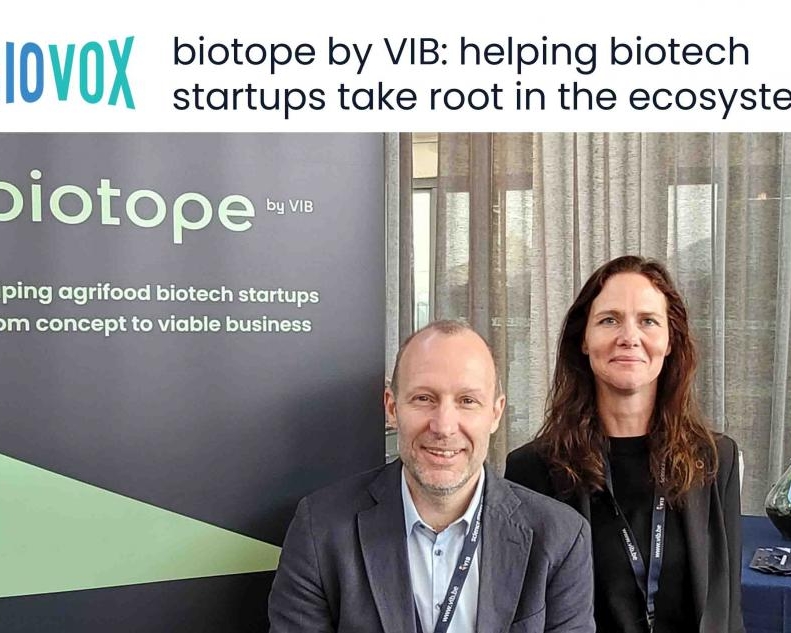
Have you got what it takes?
- Pressure-test your biotech with expert feedback
- Align your team and sharpen your strategy
- Turn your startup into an investment-ready business
